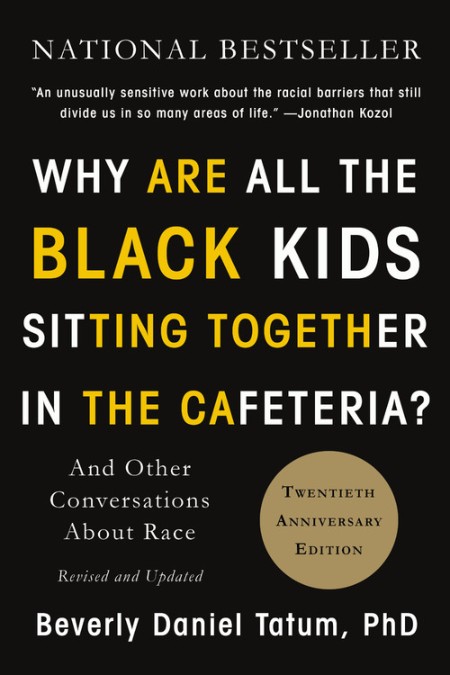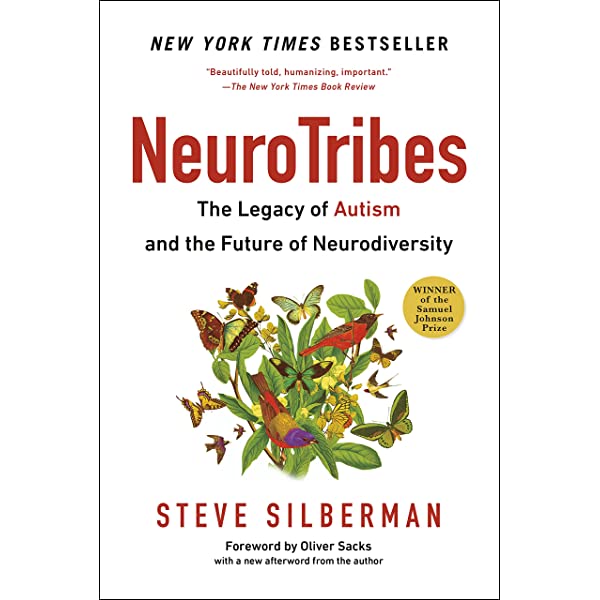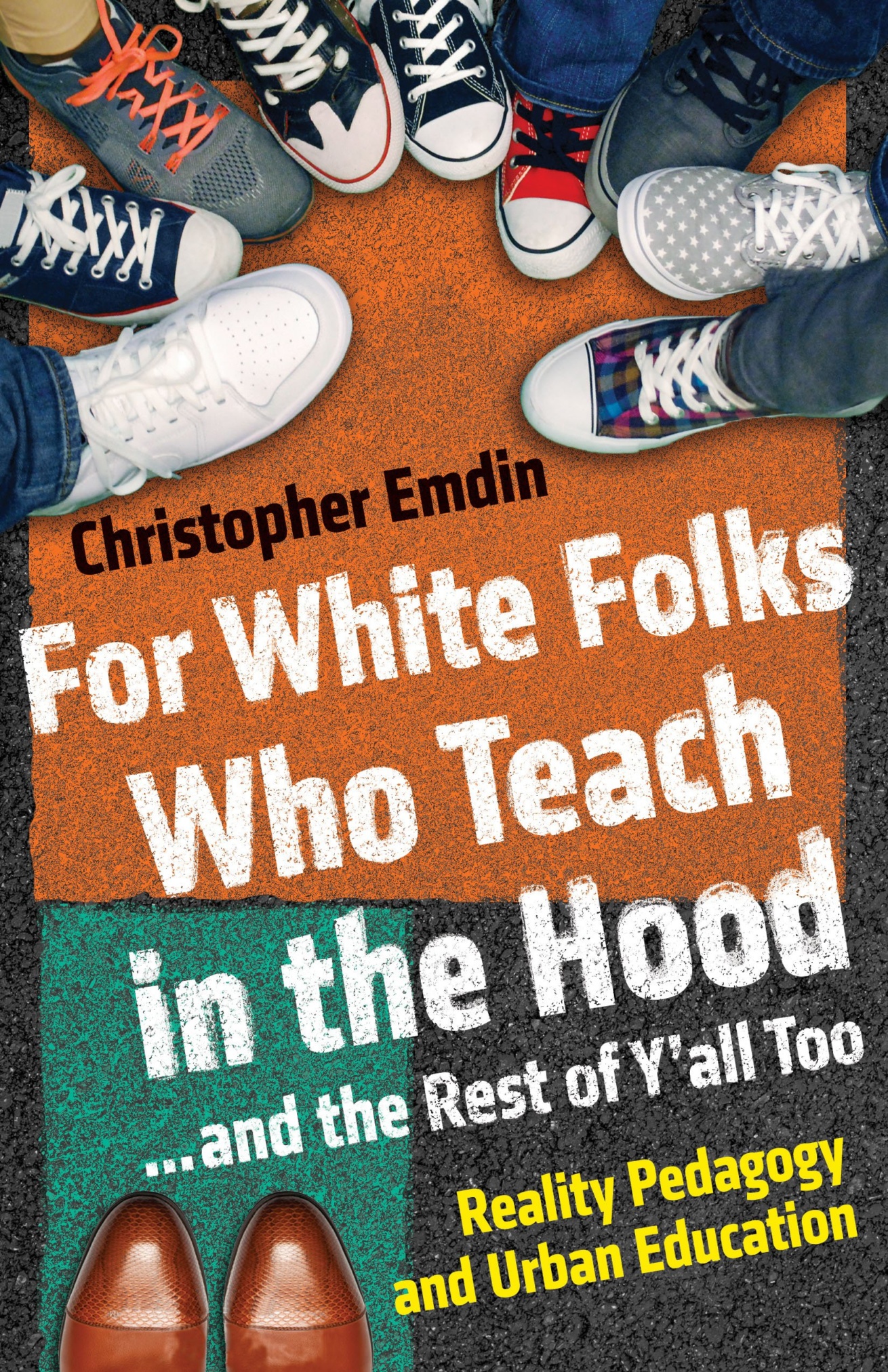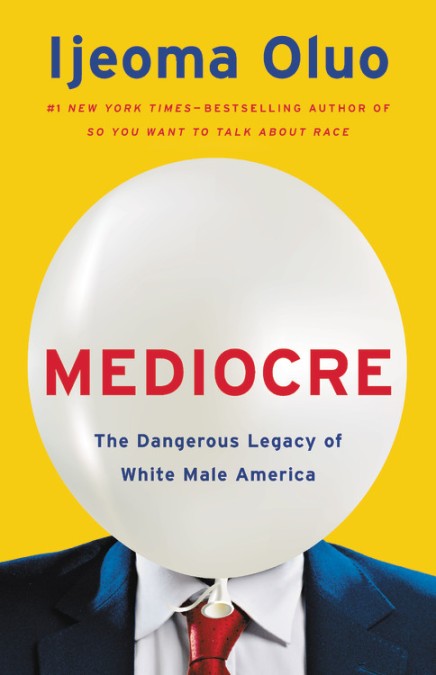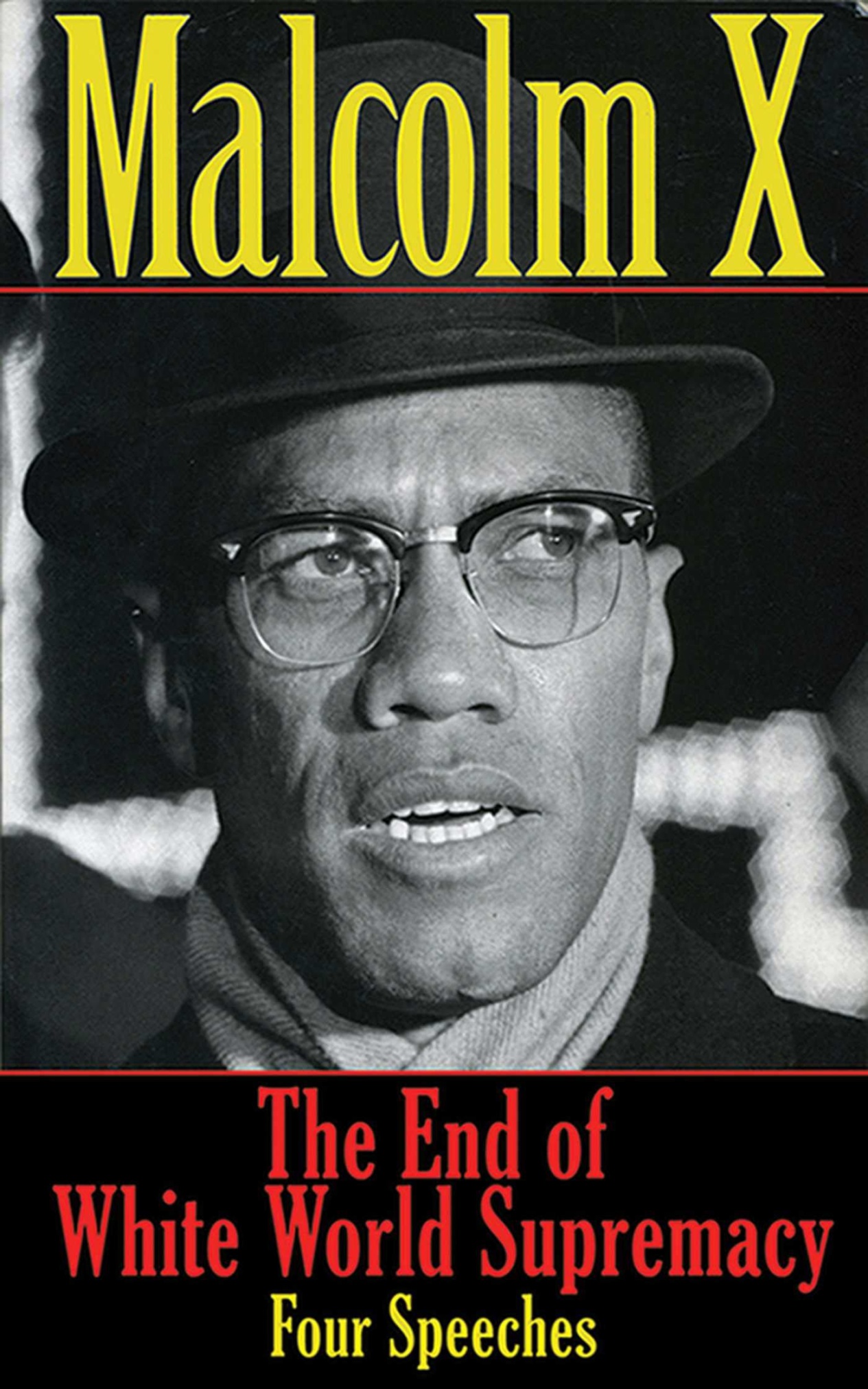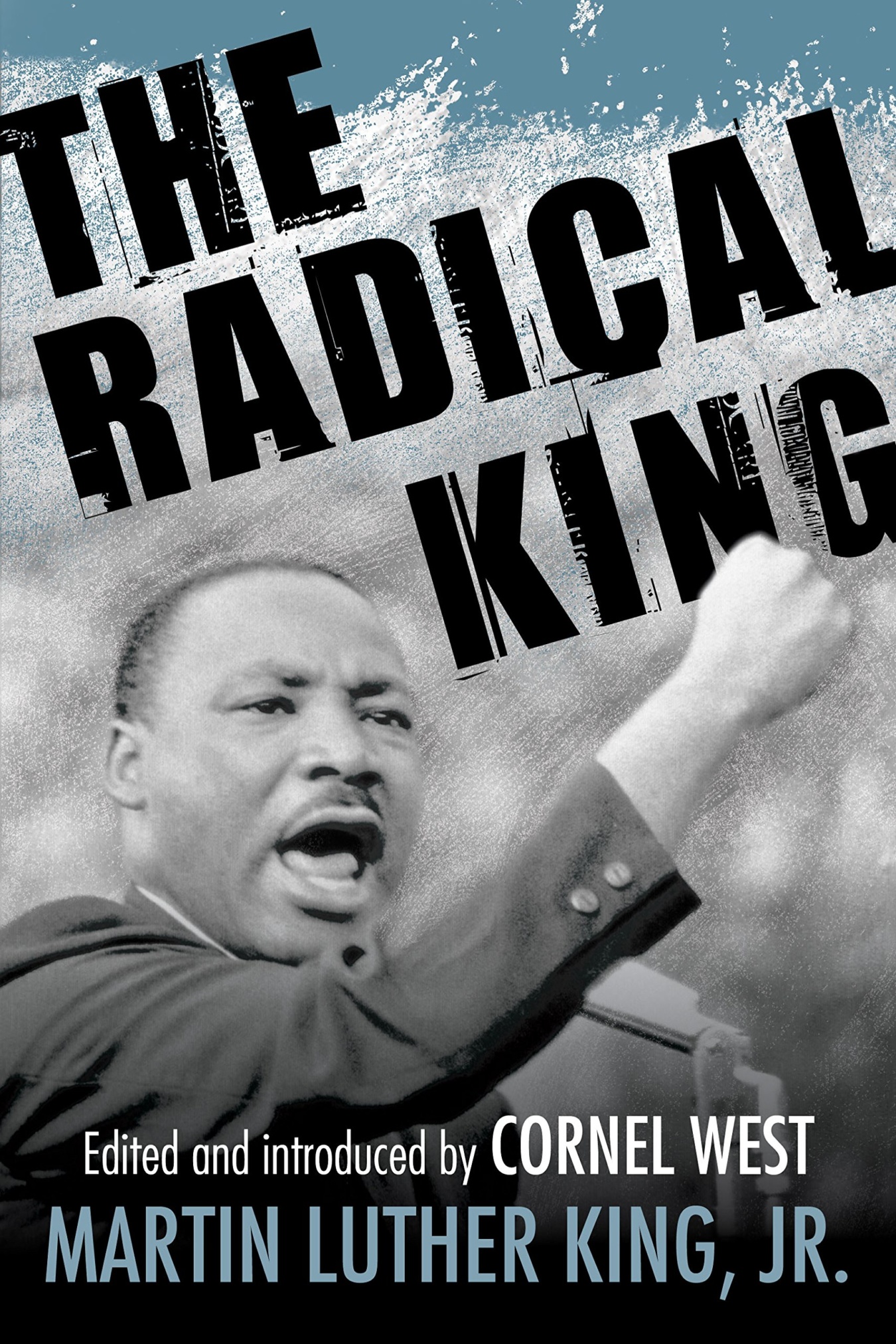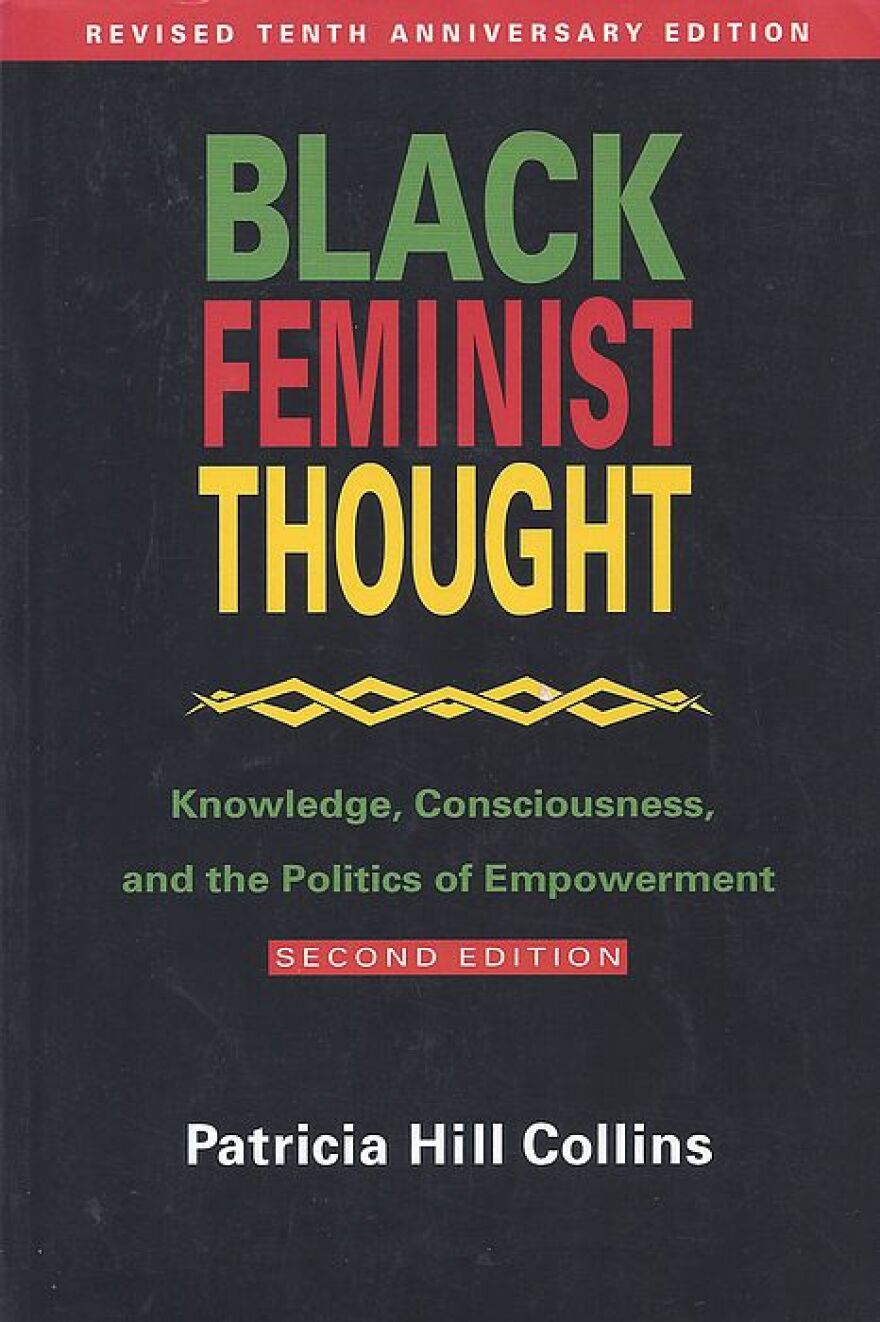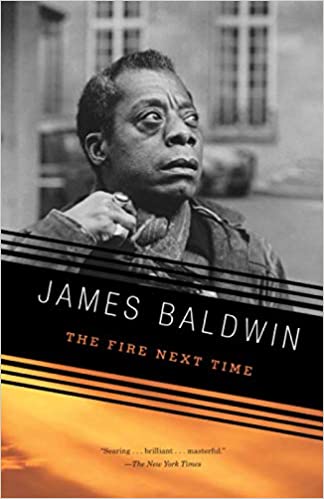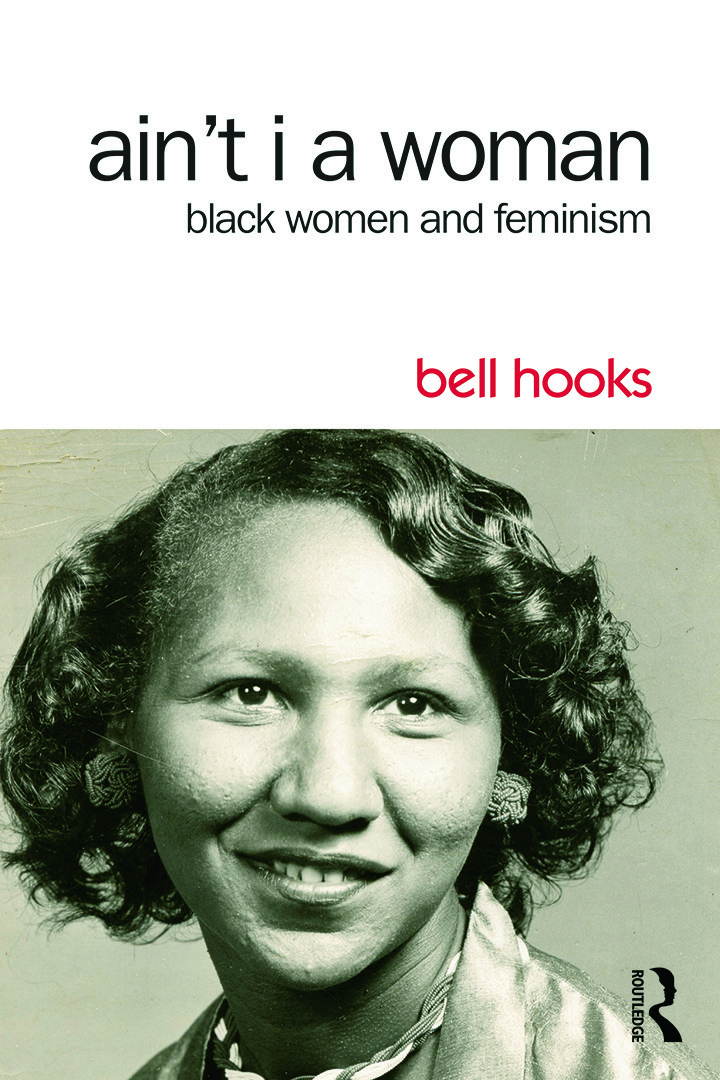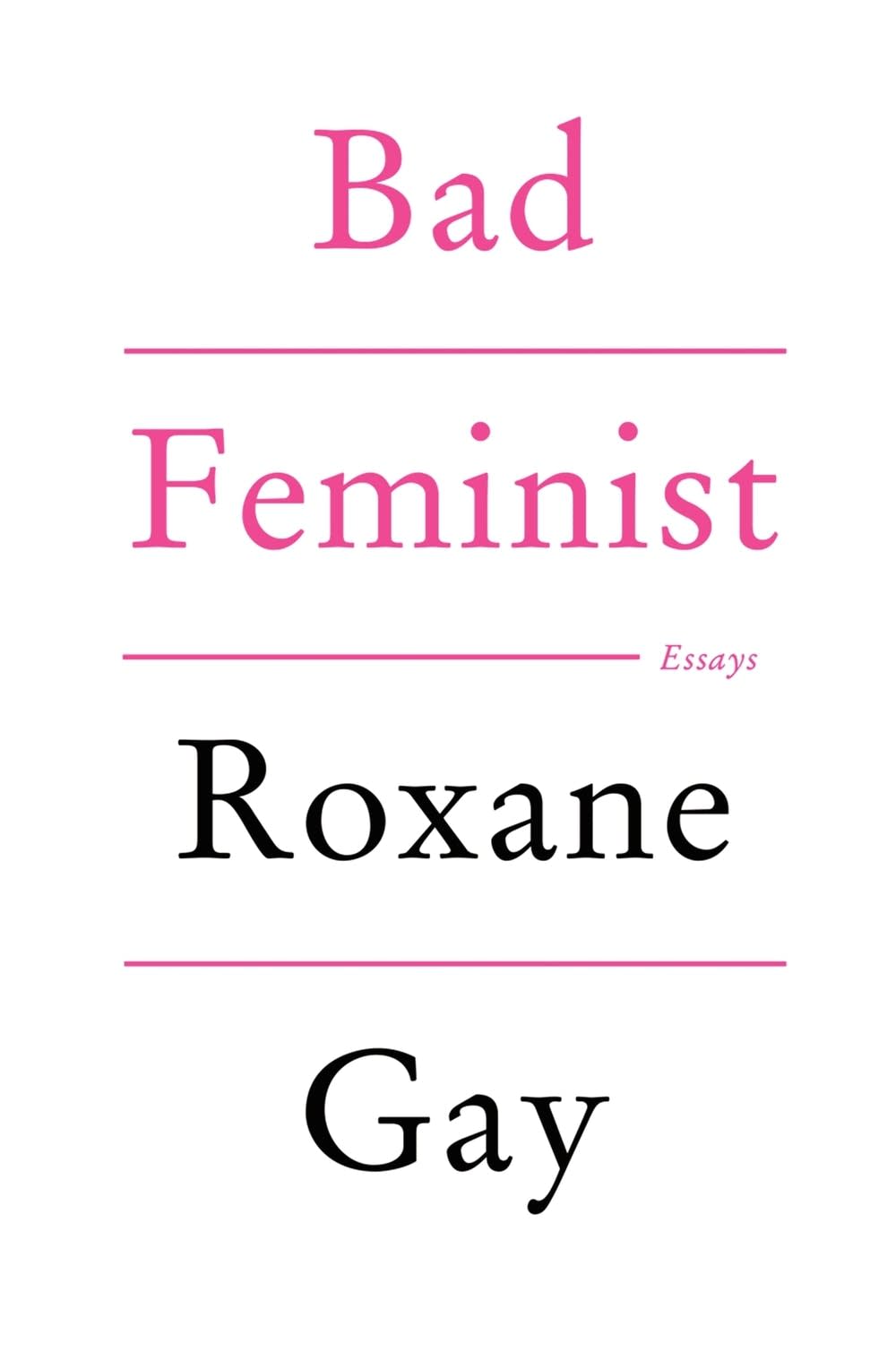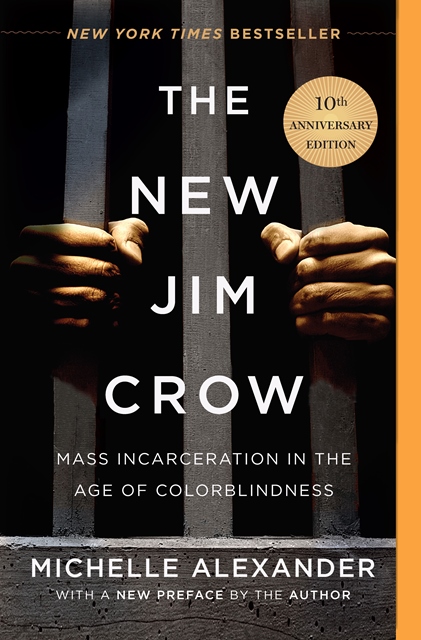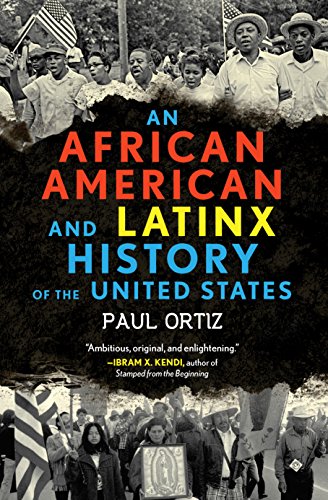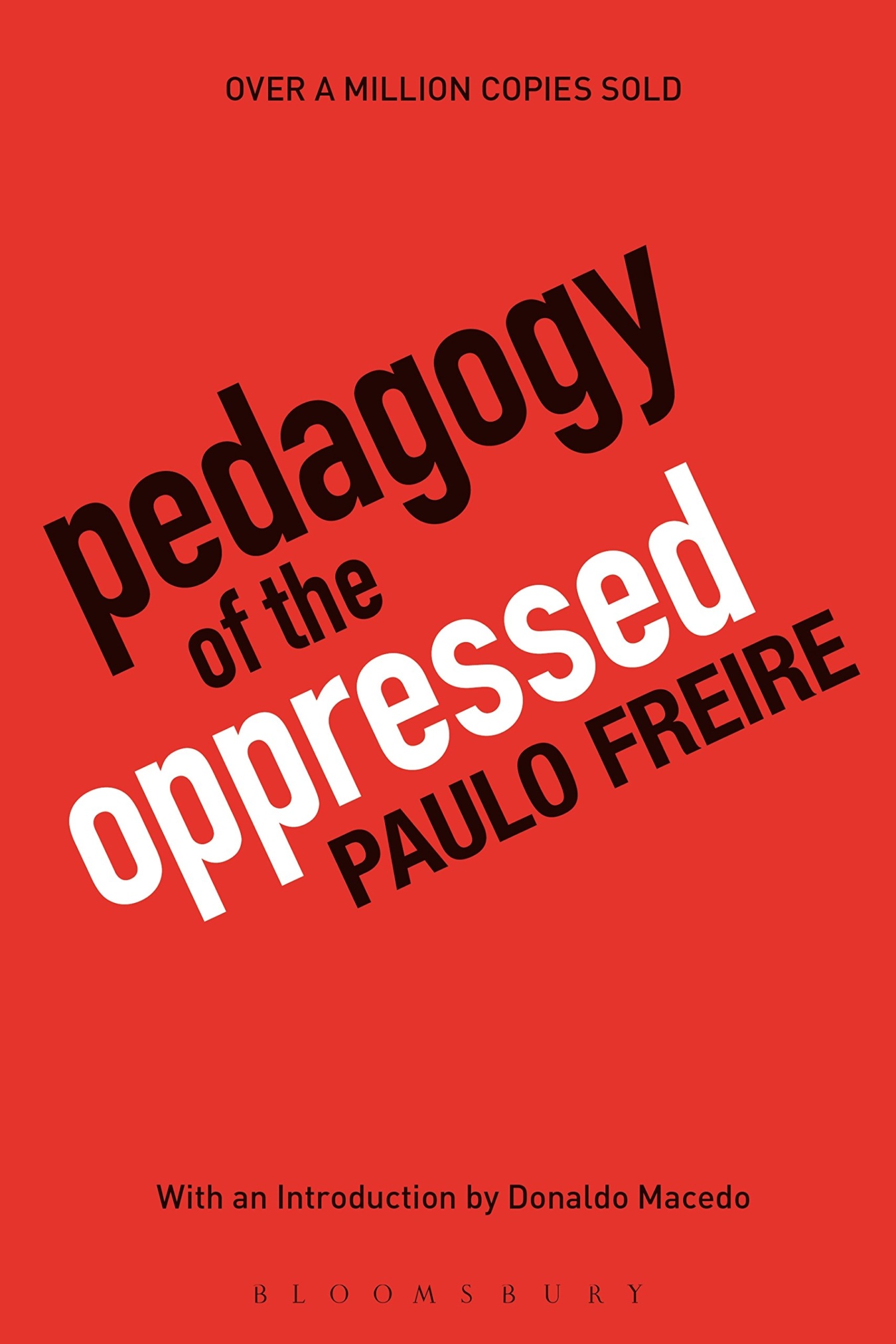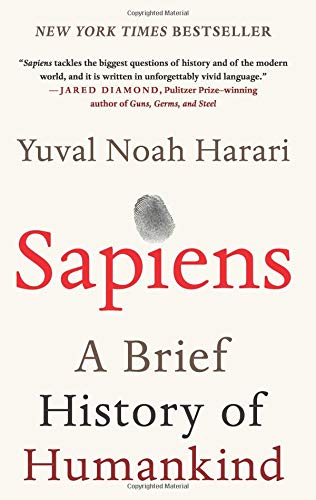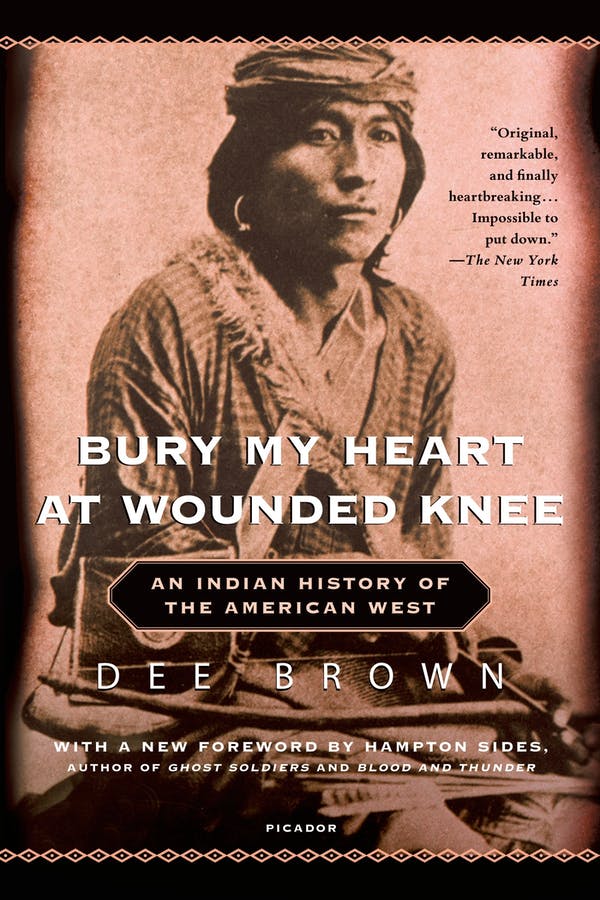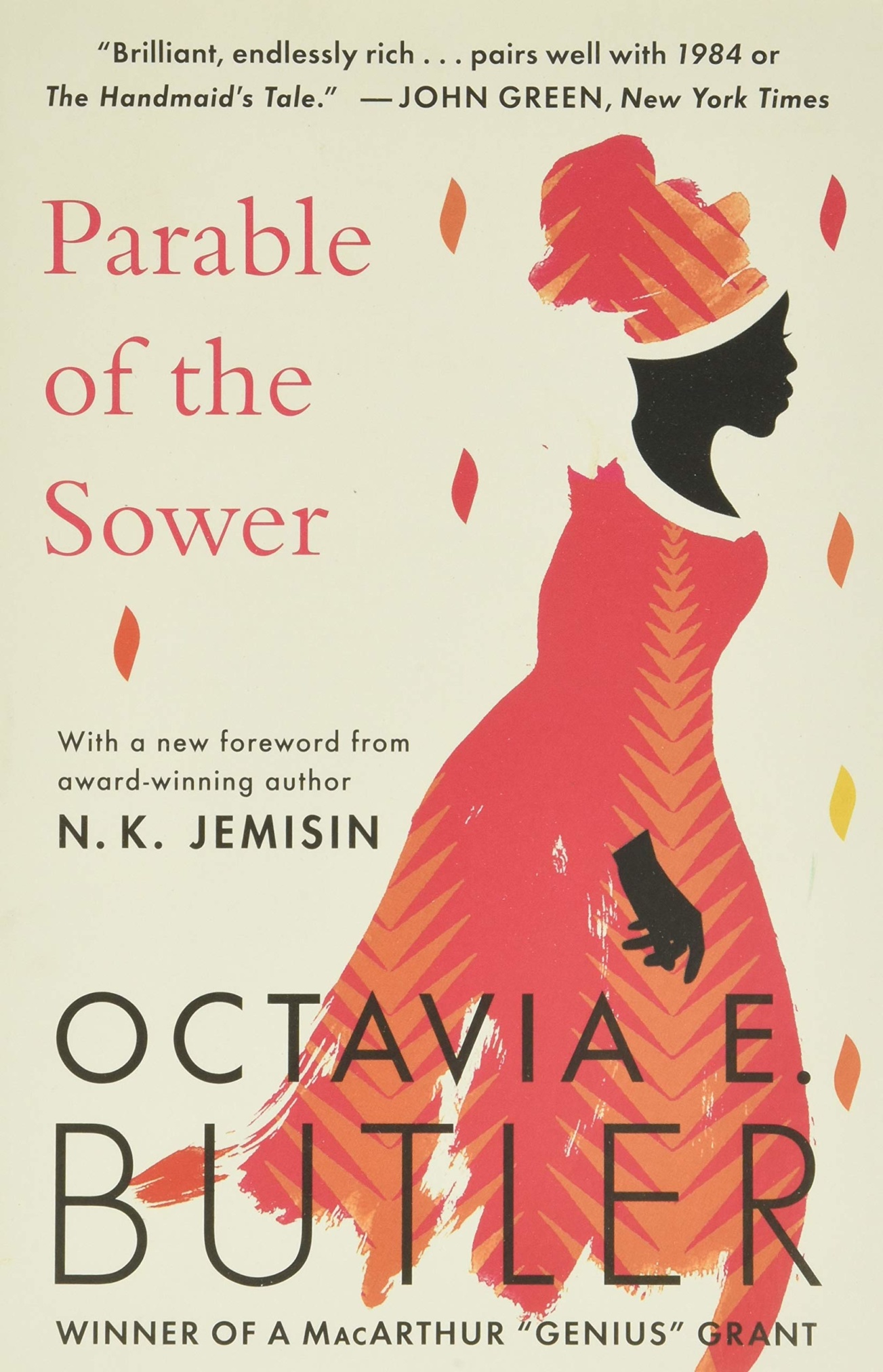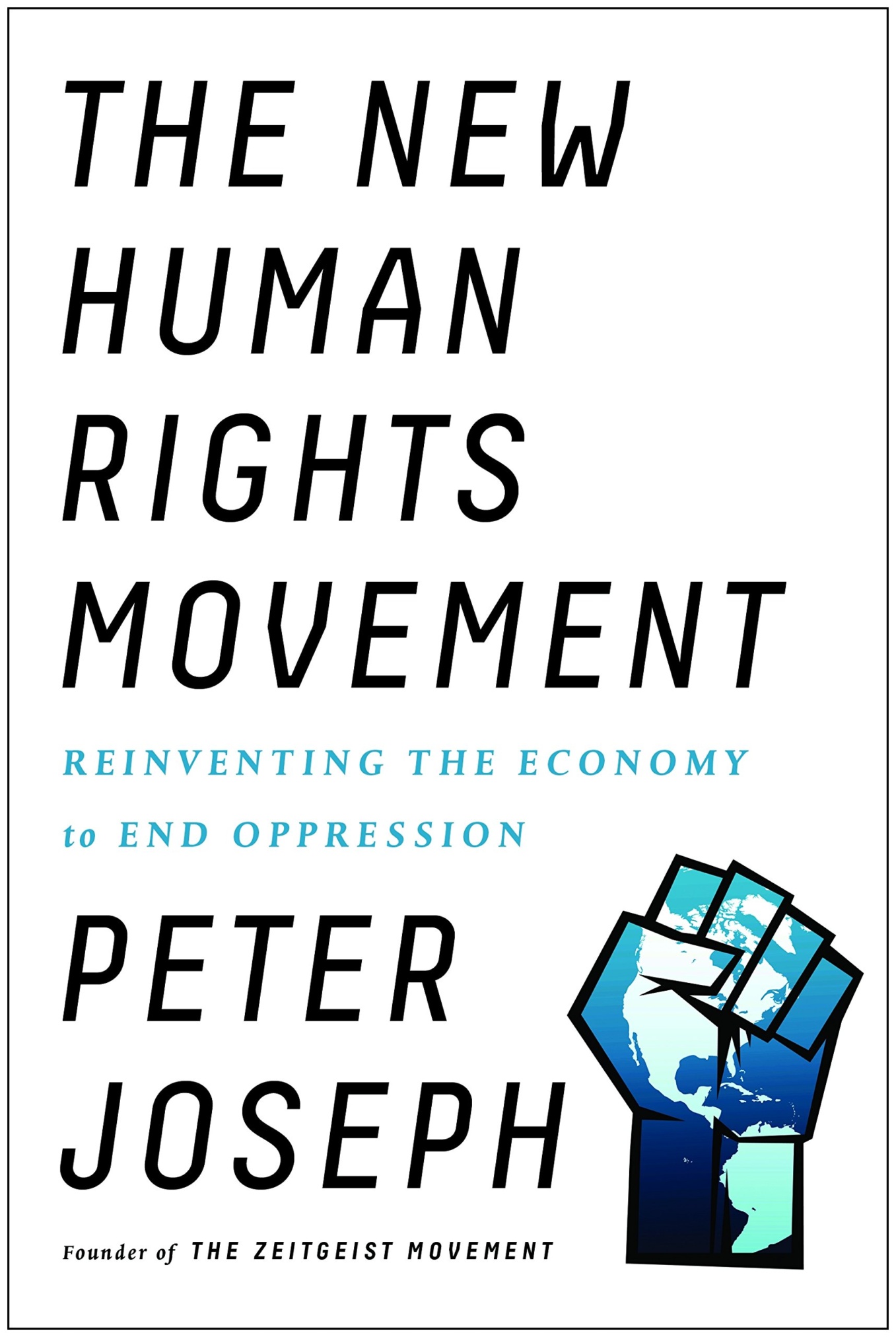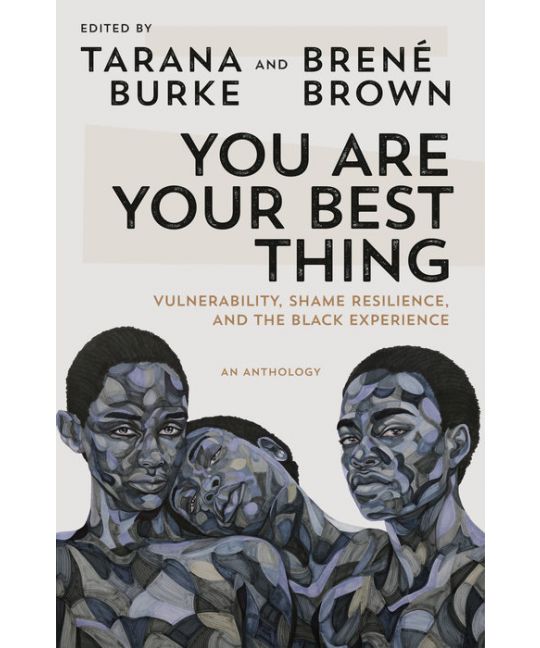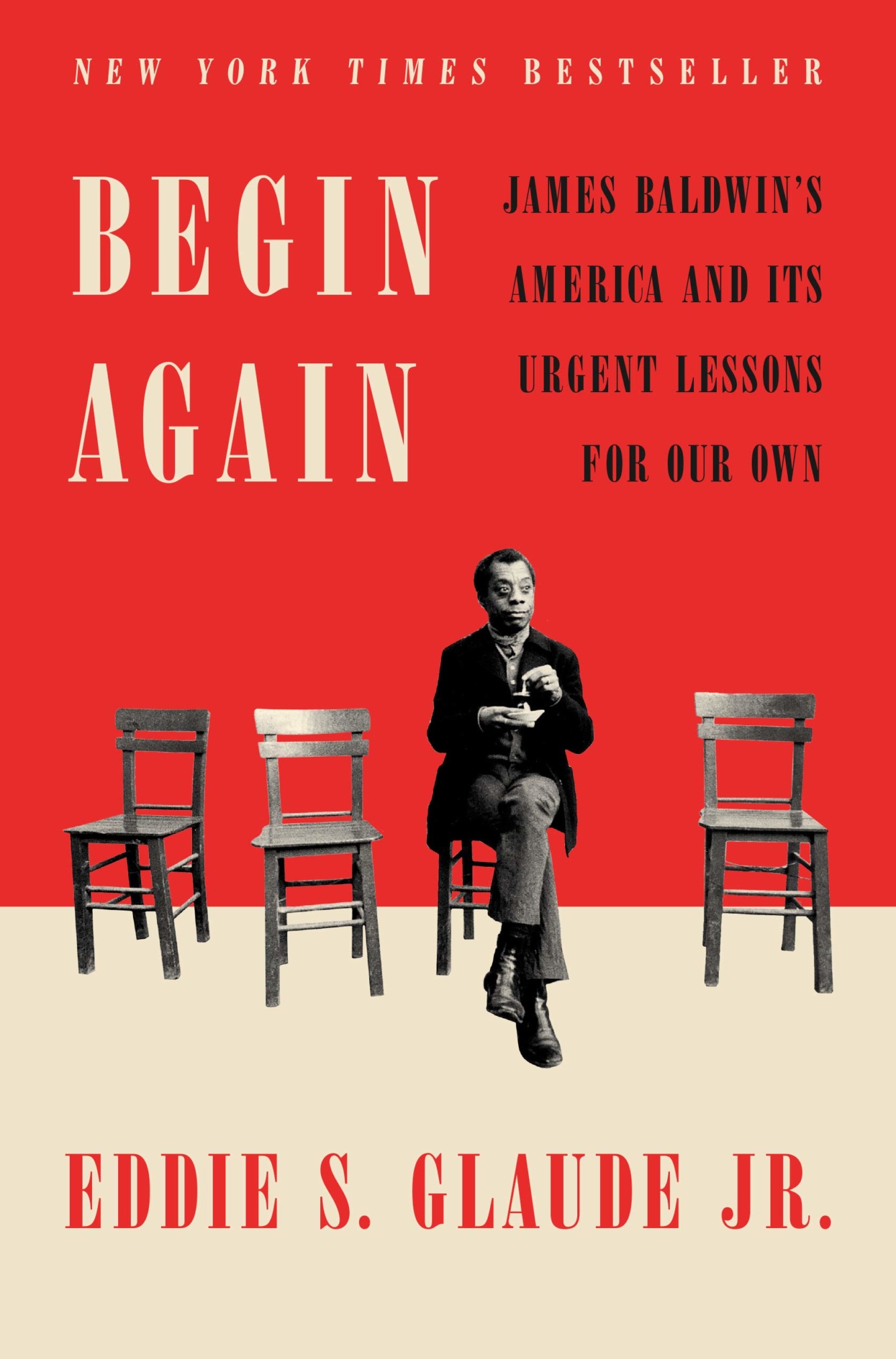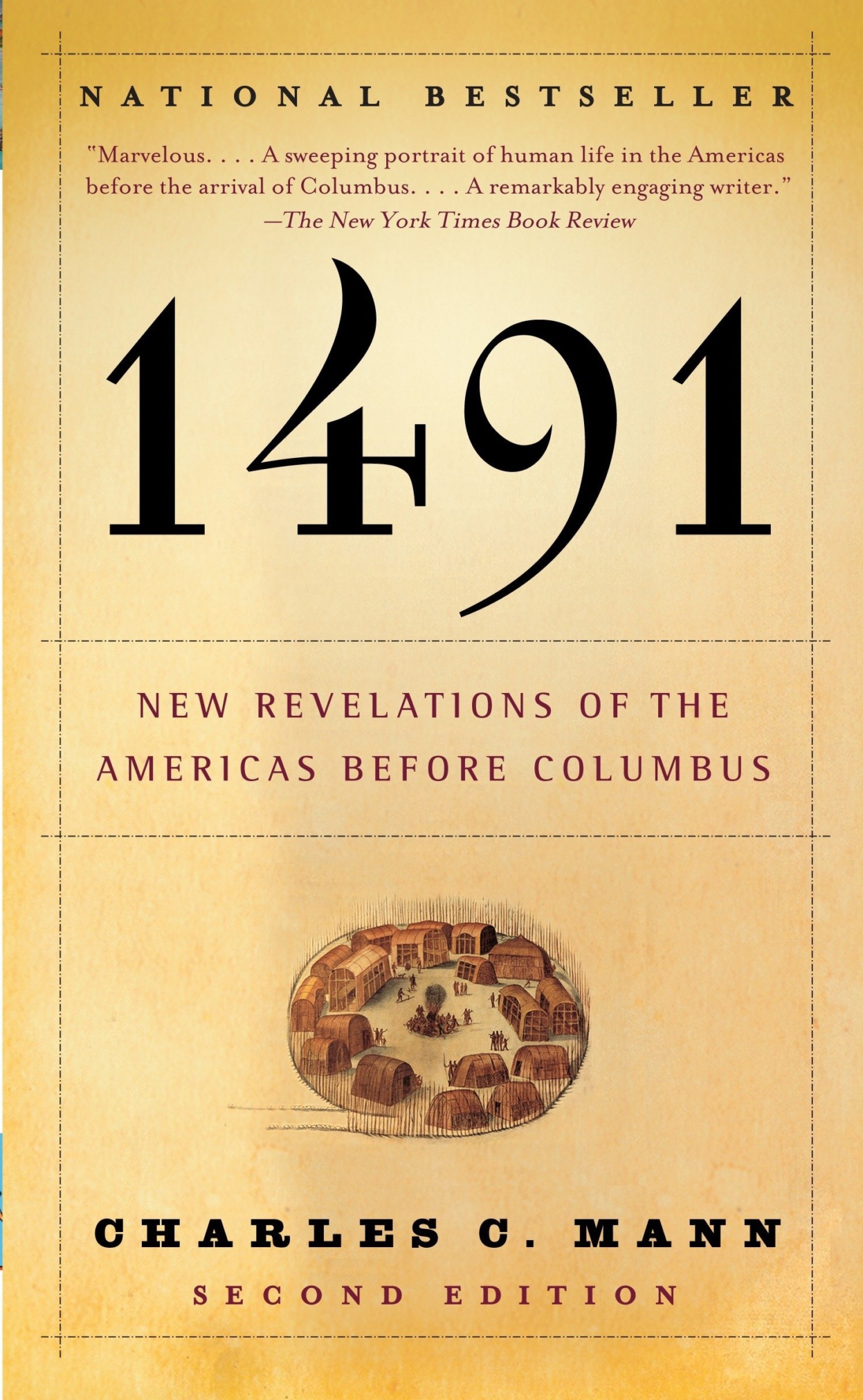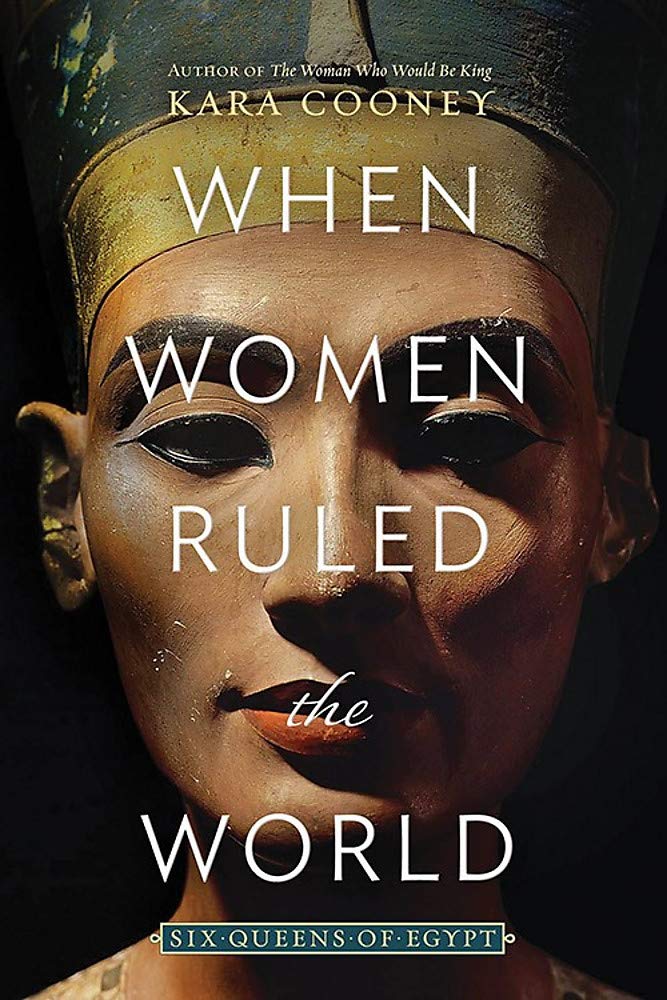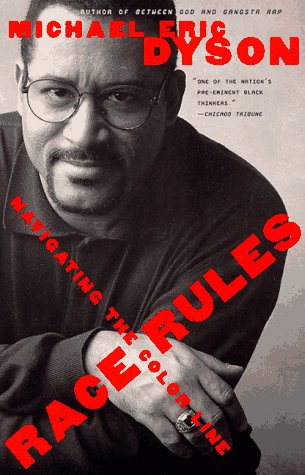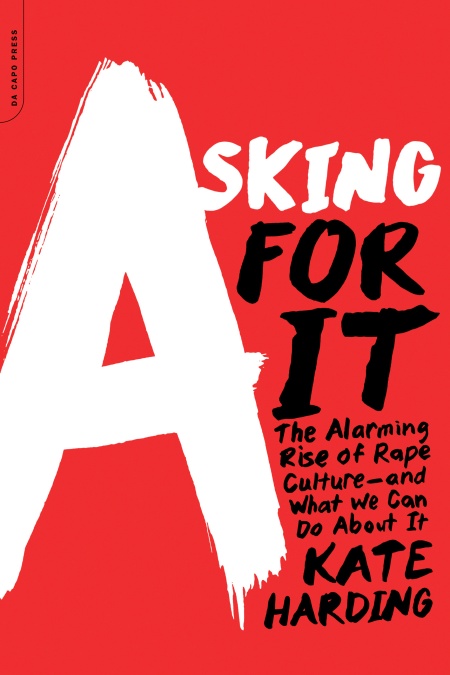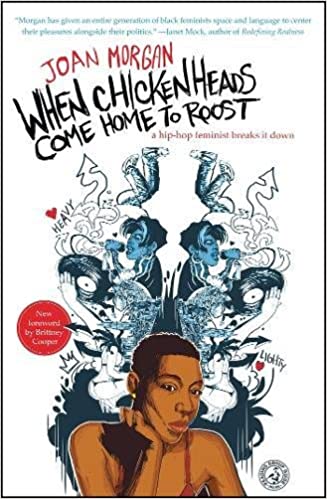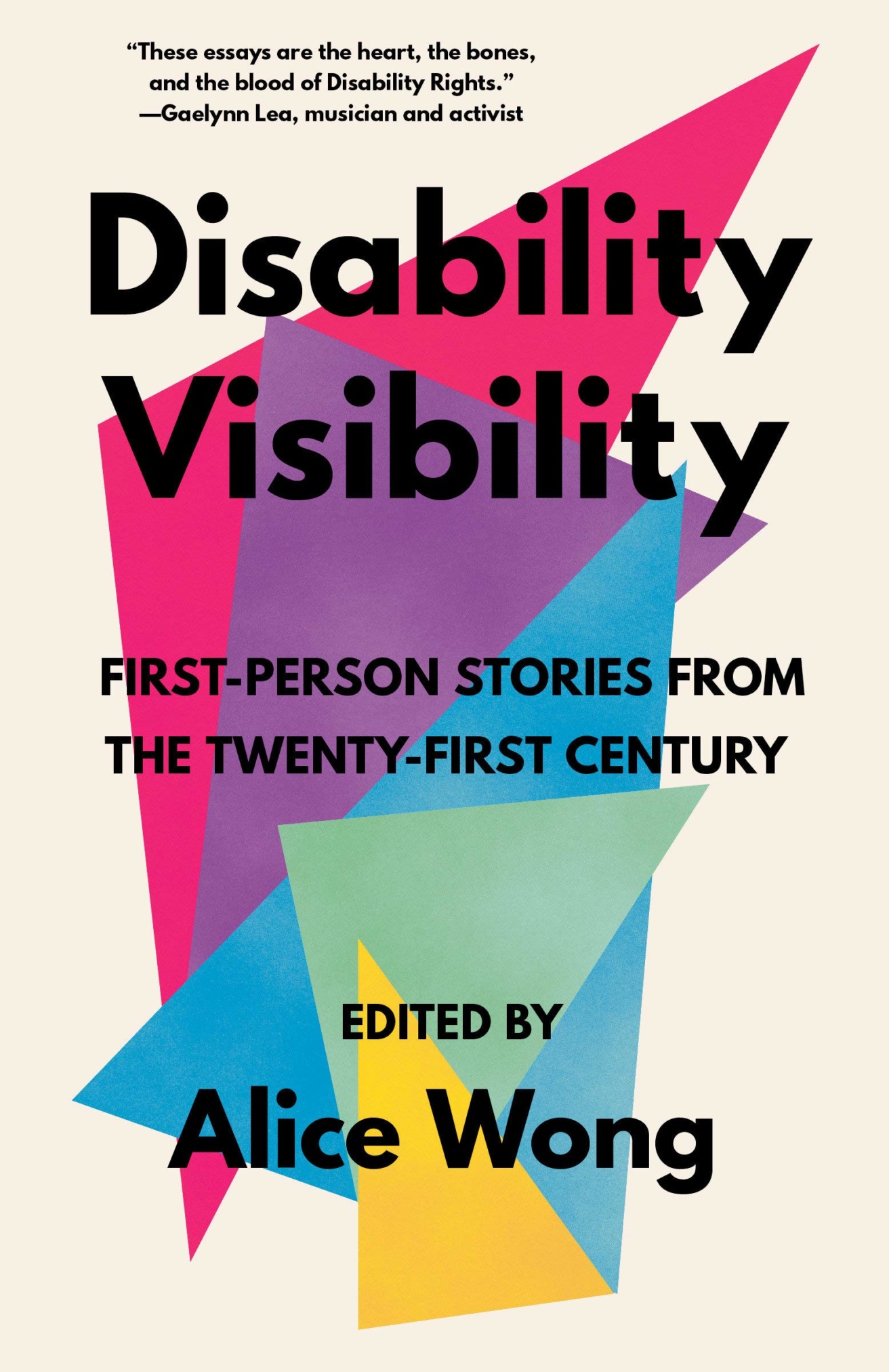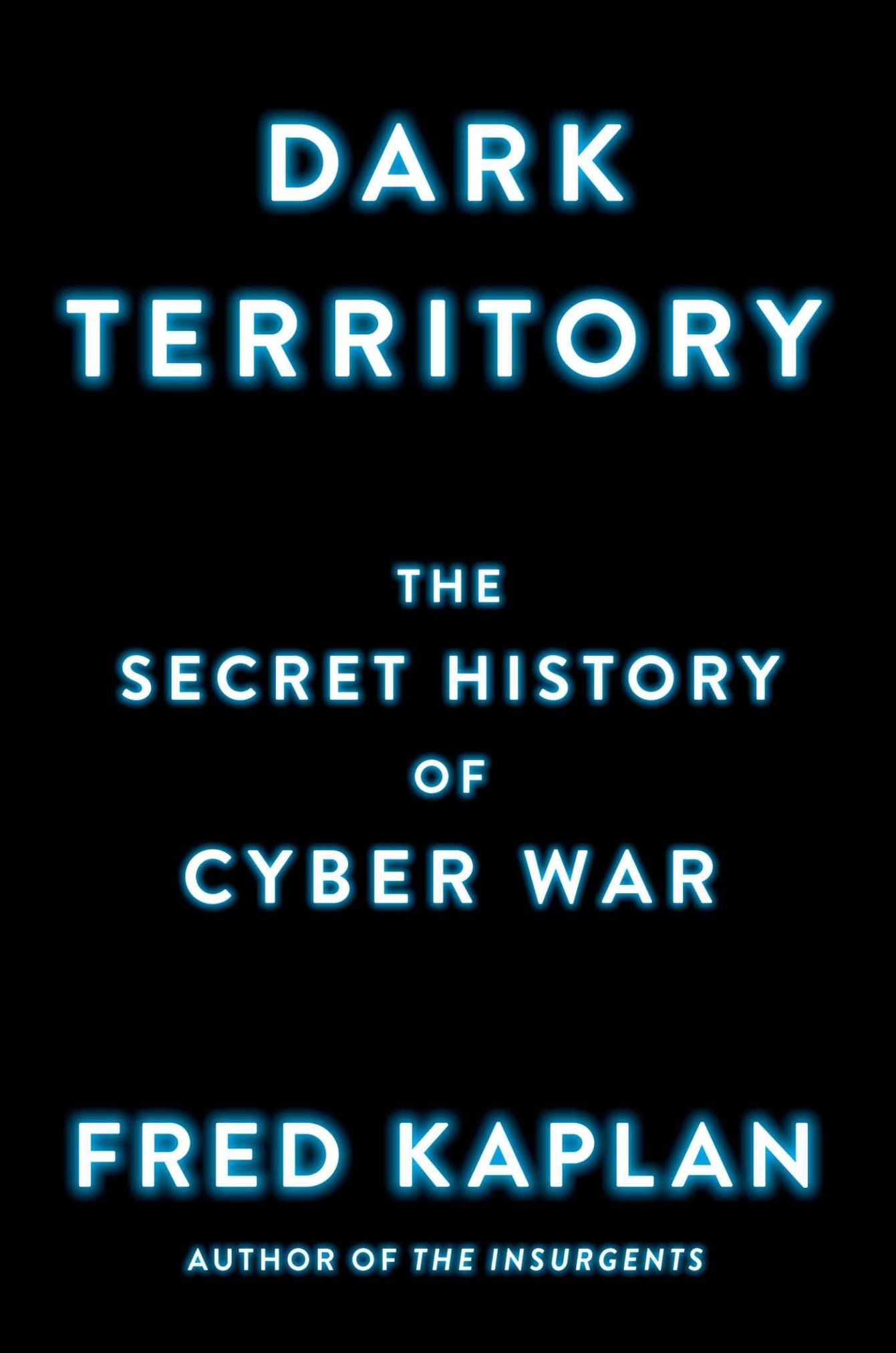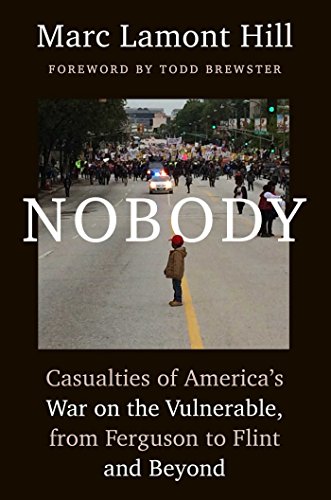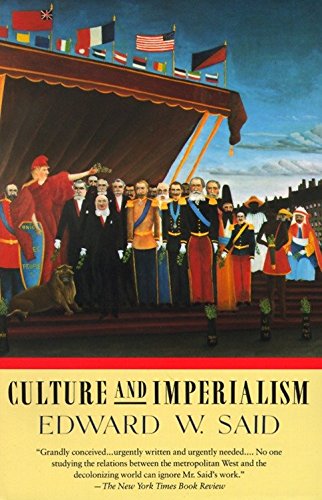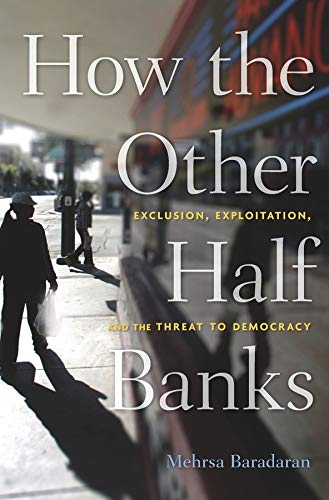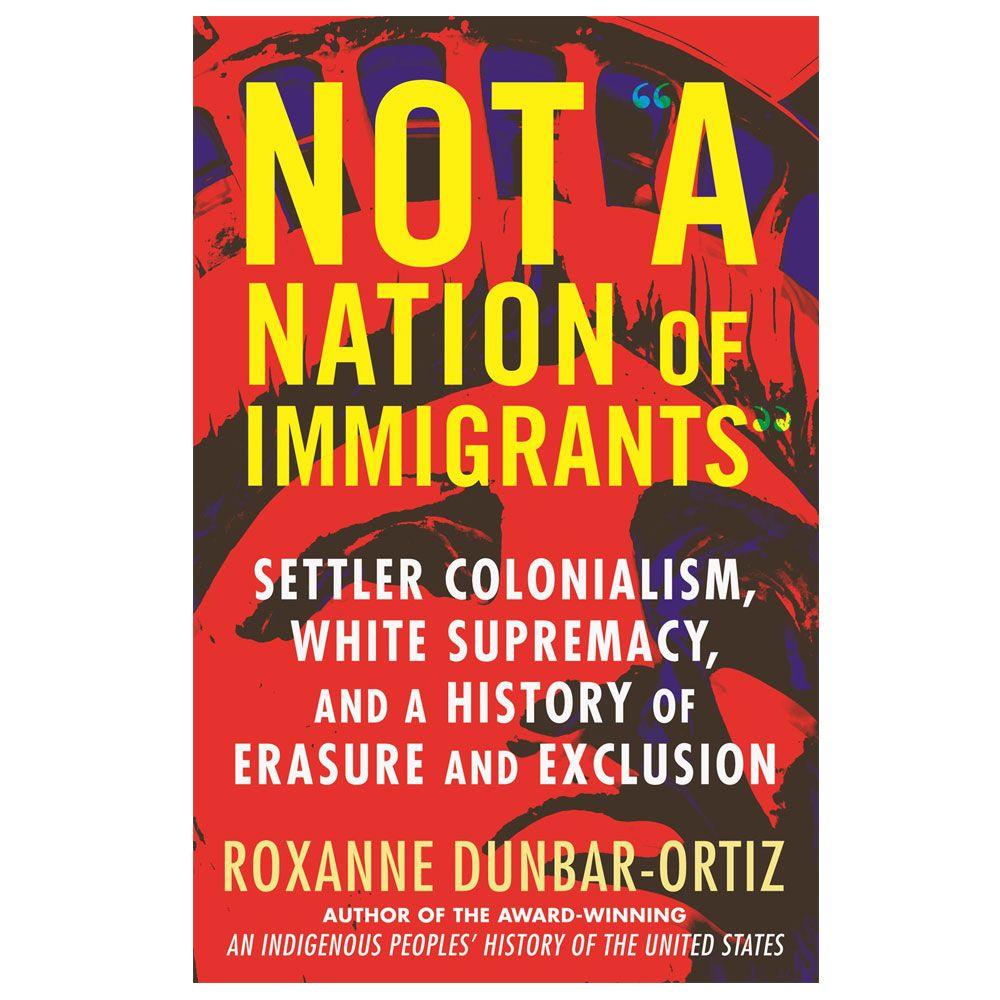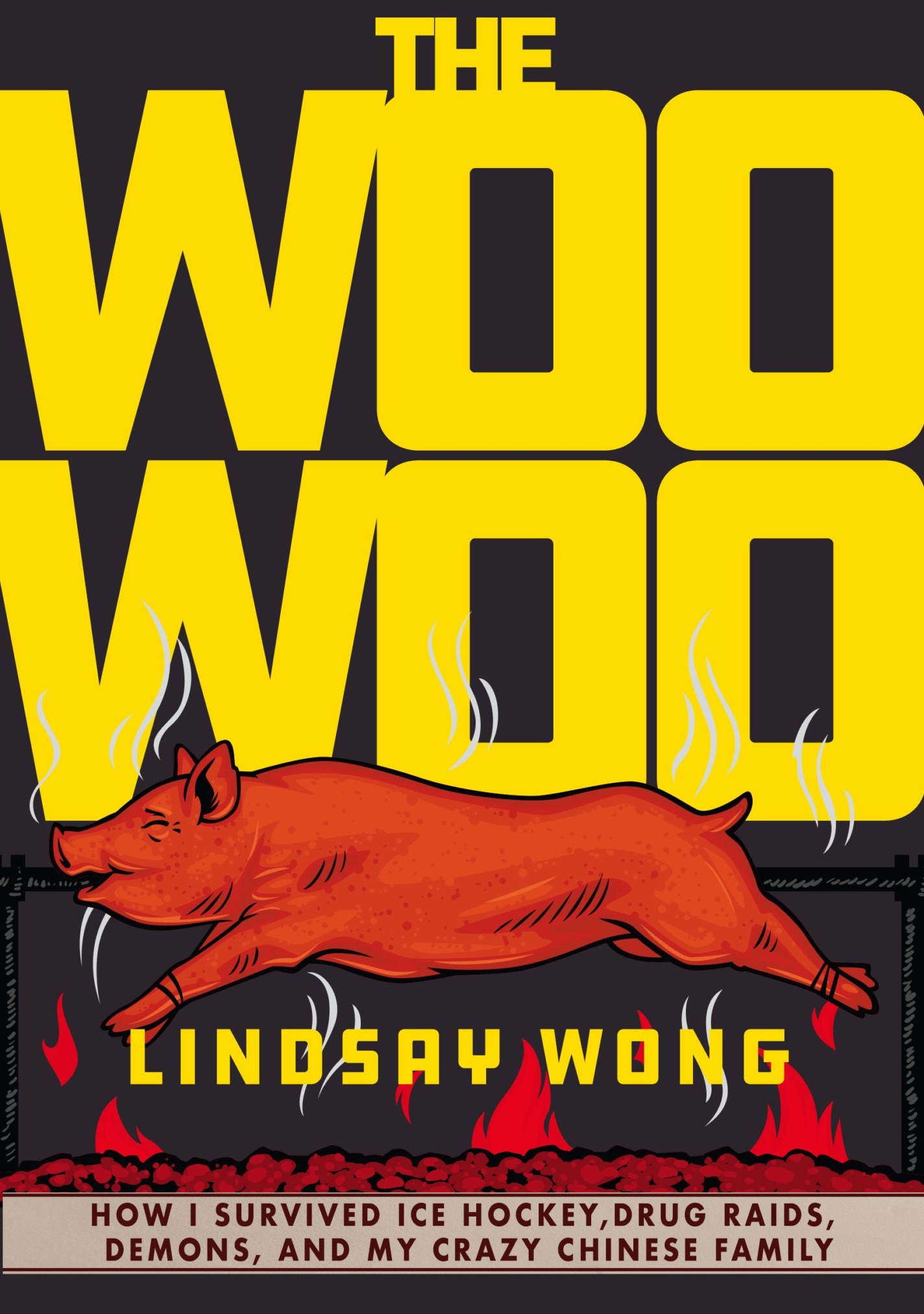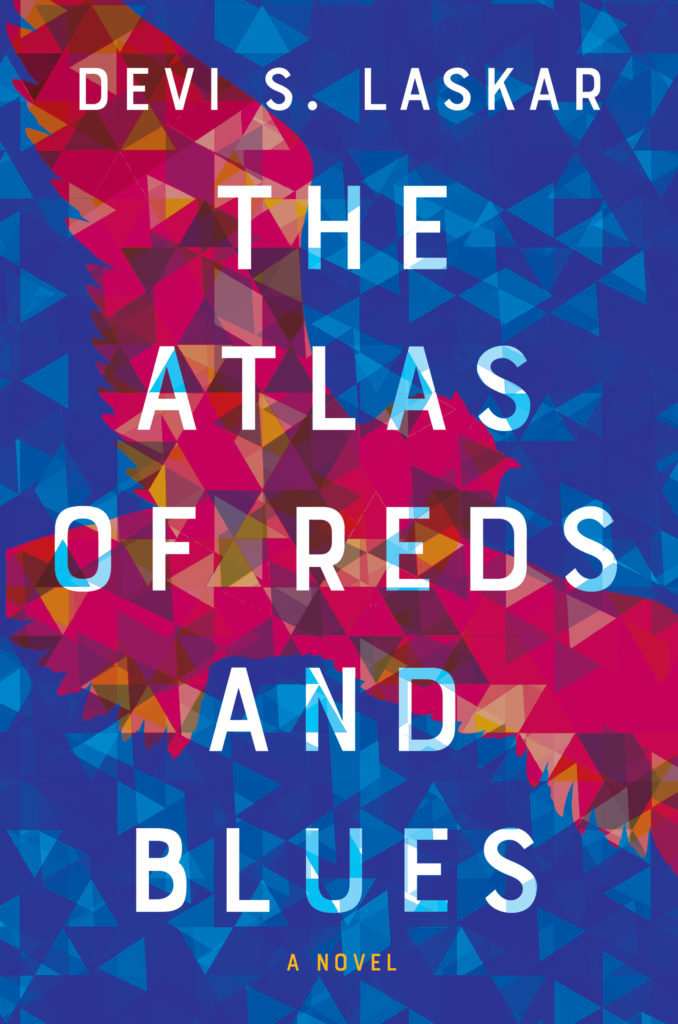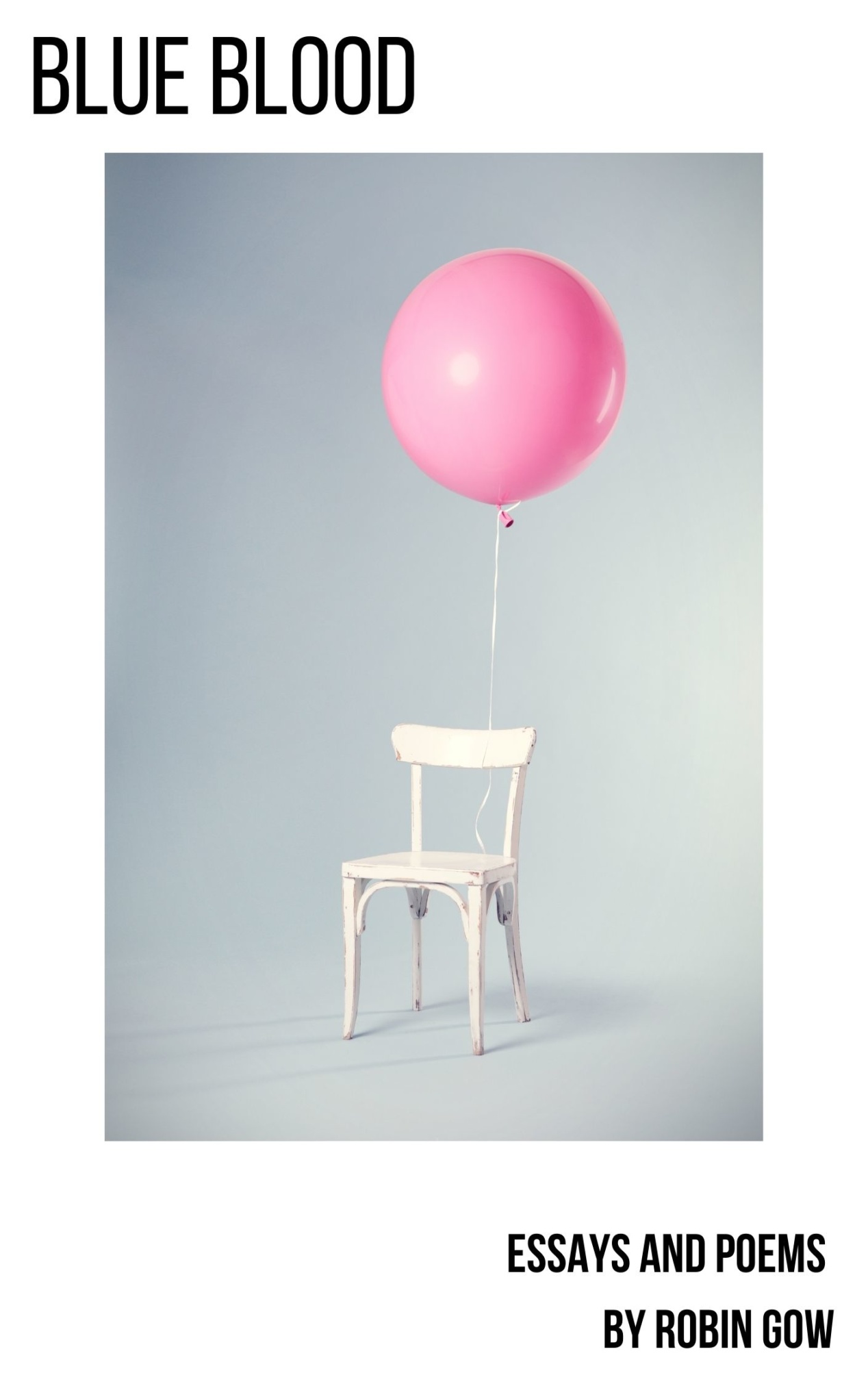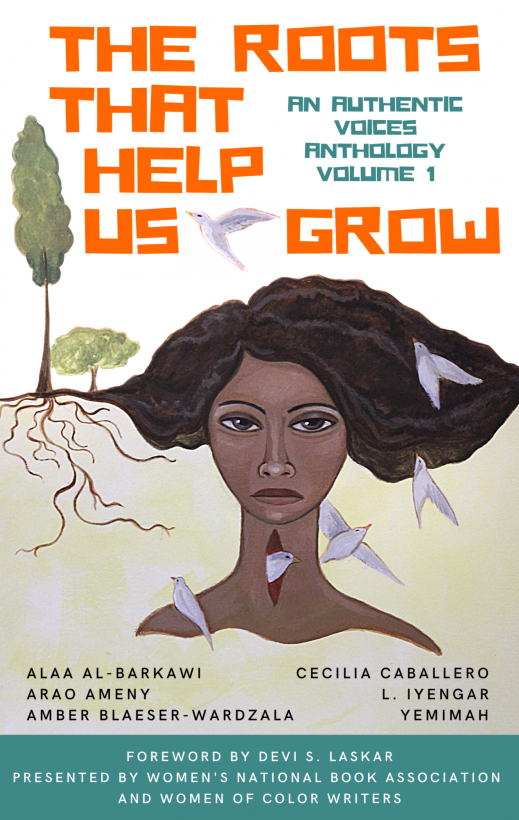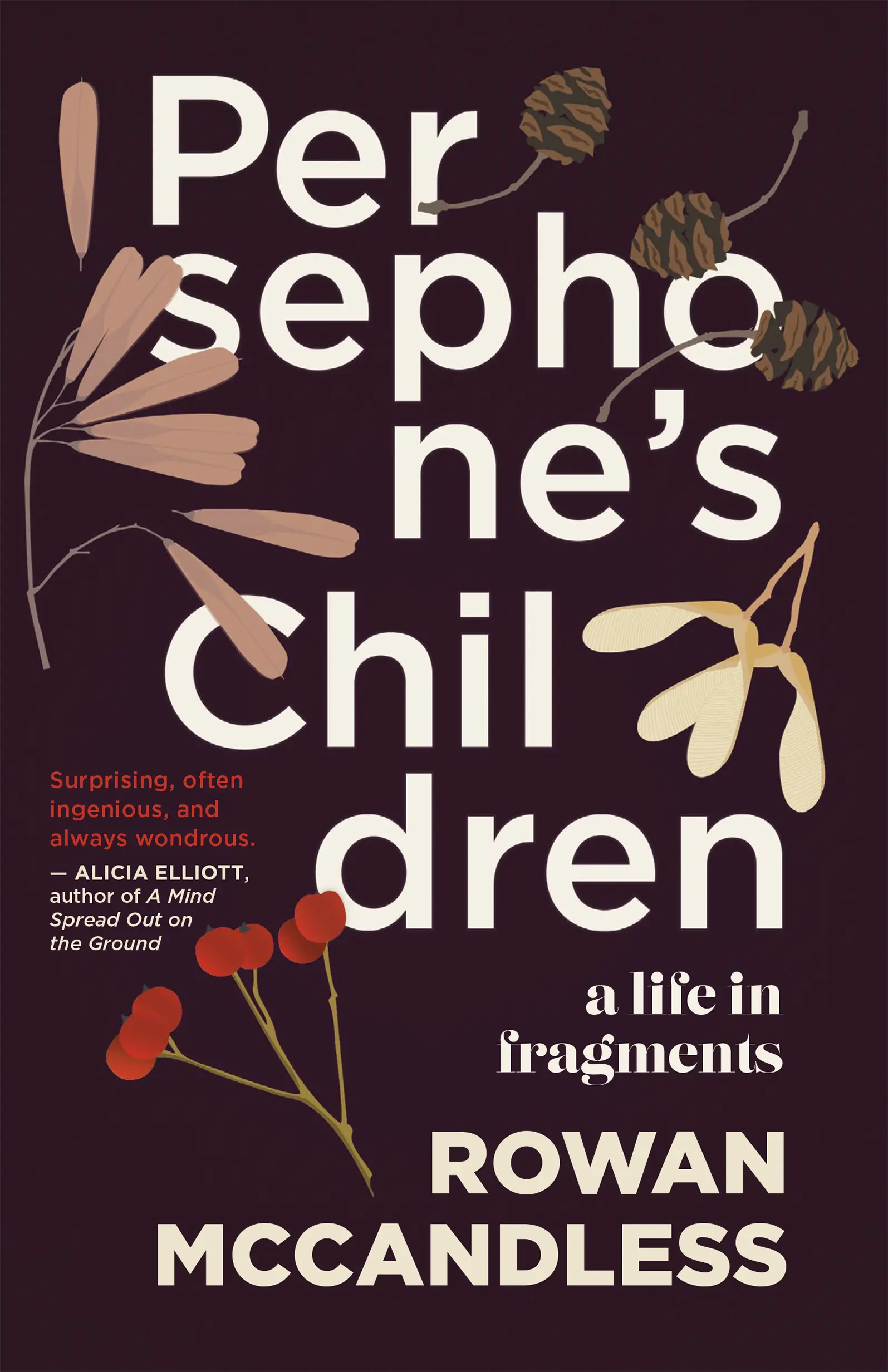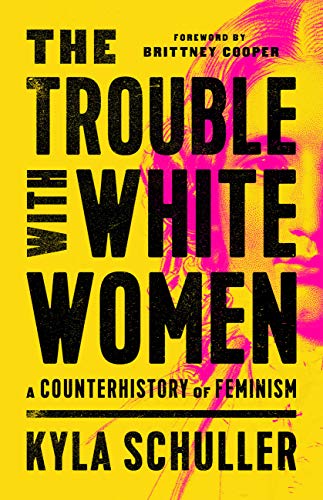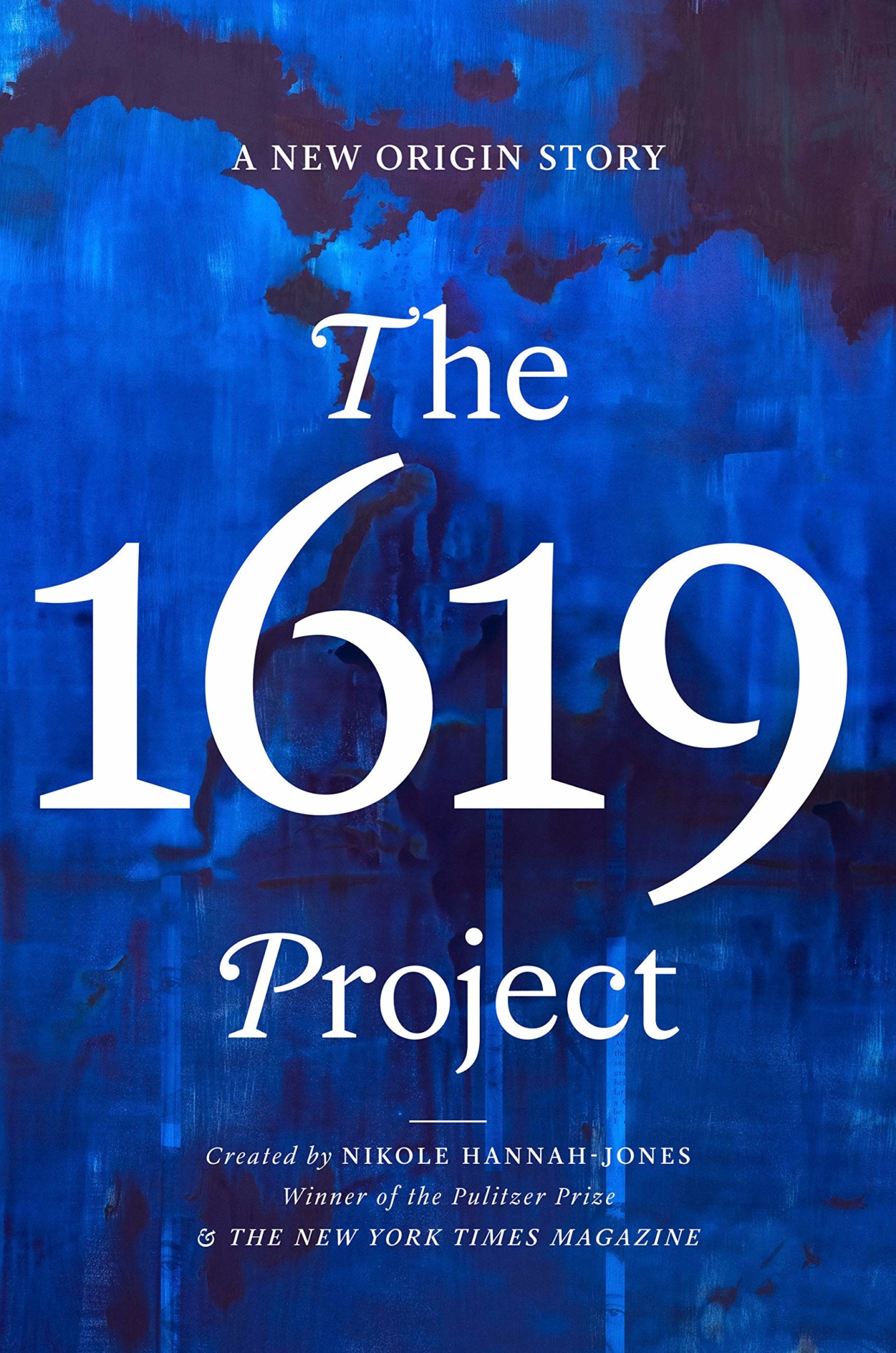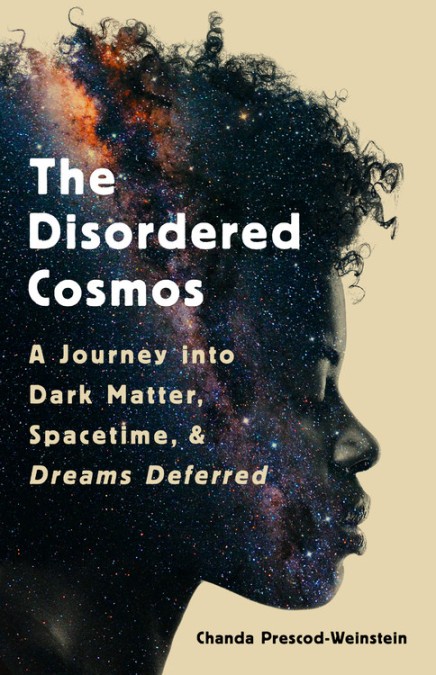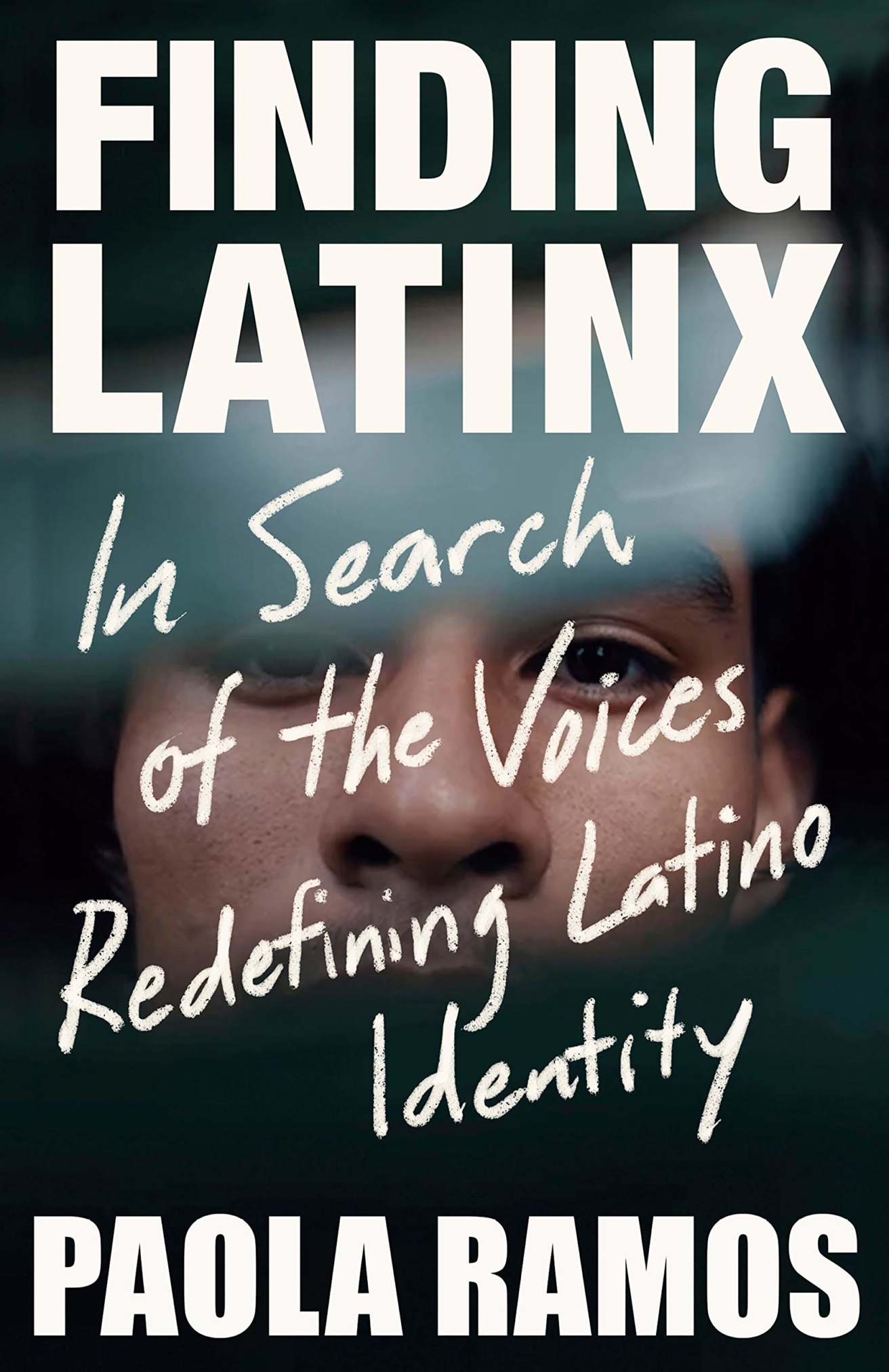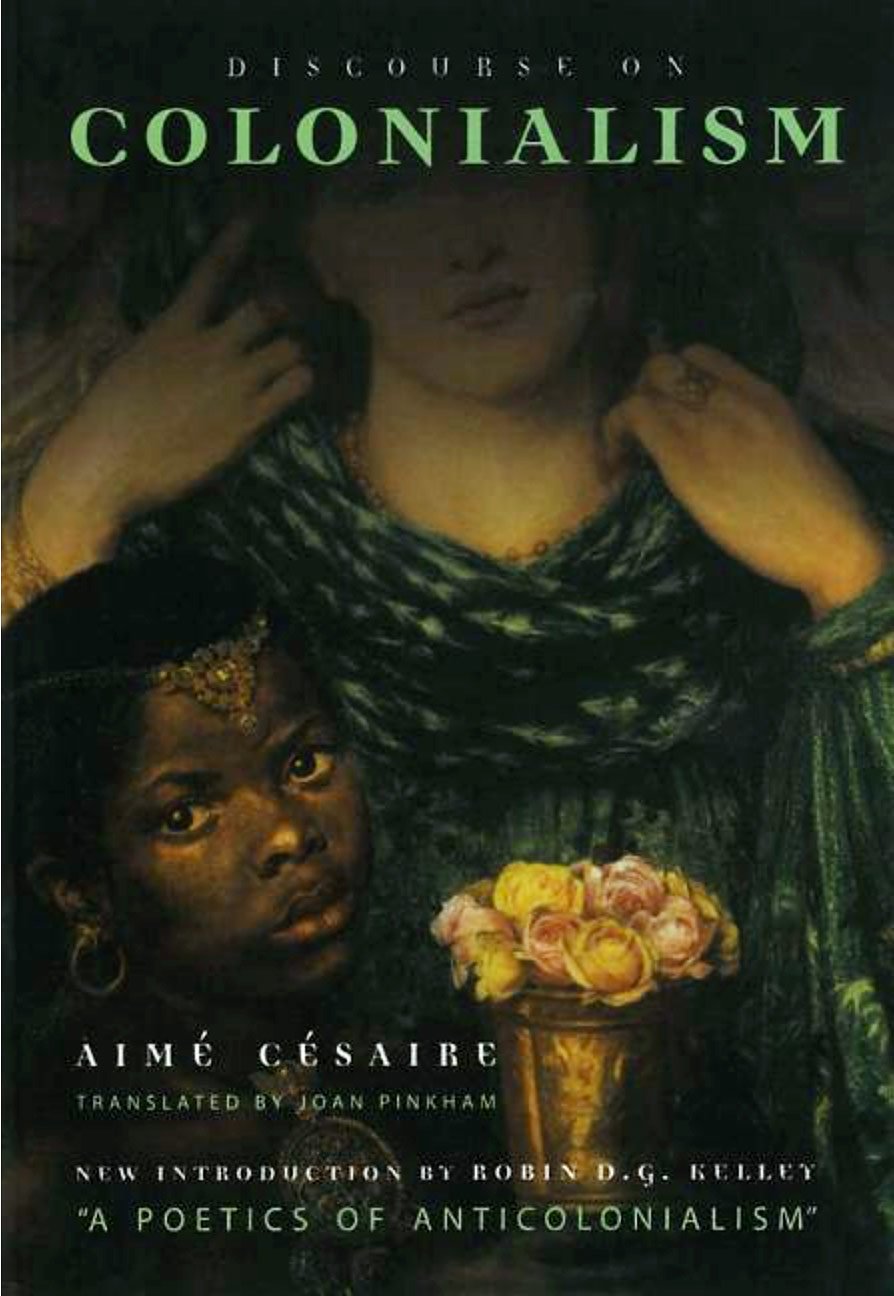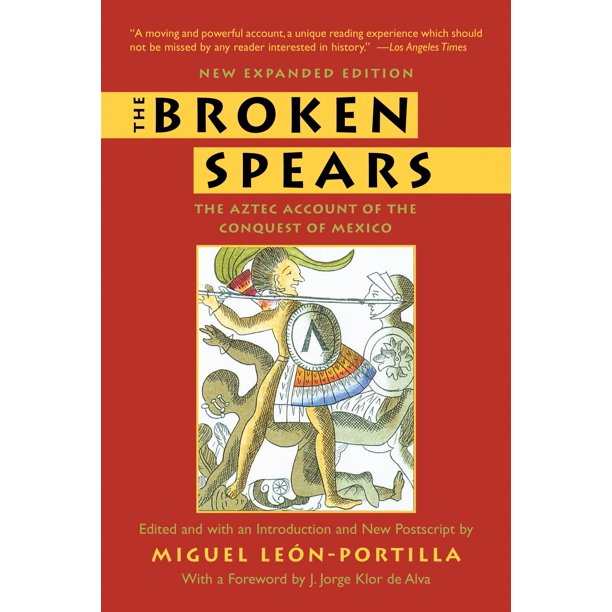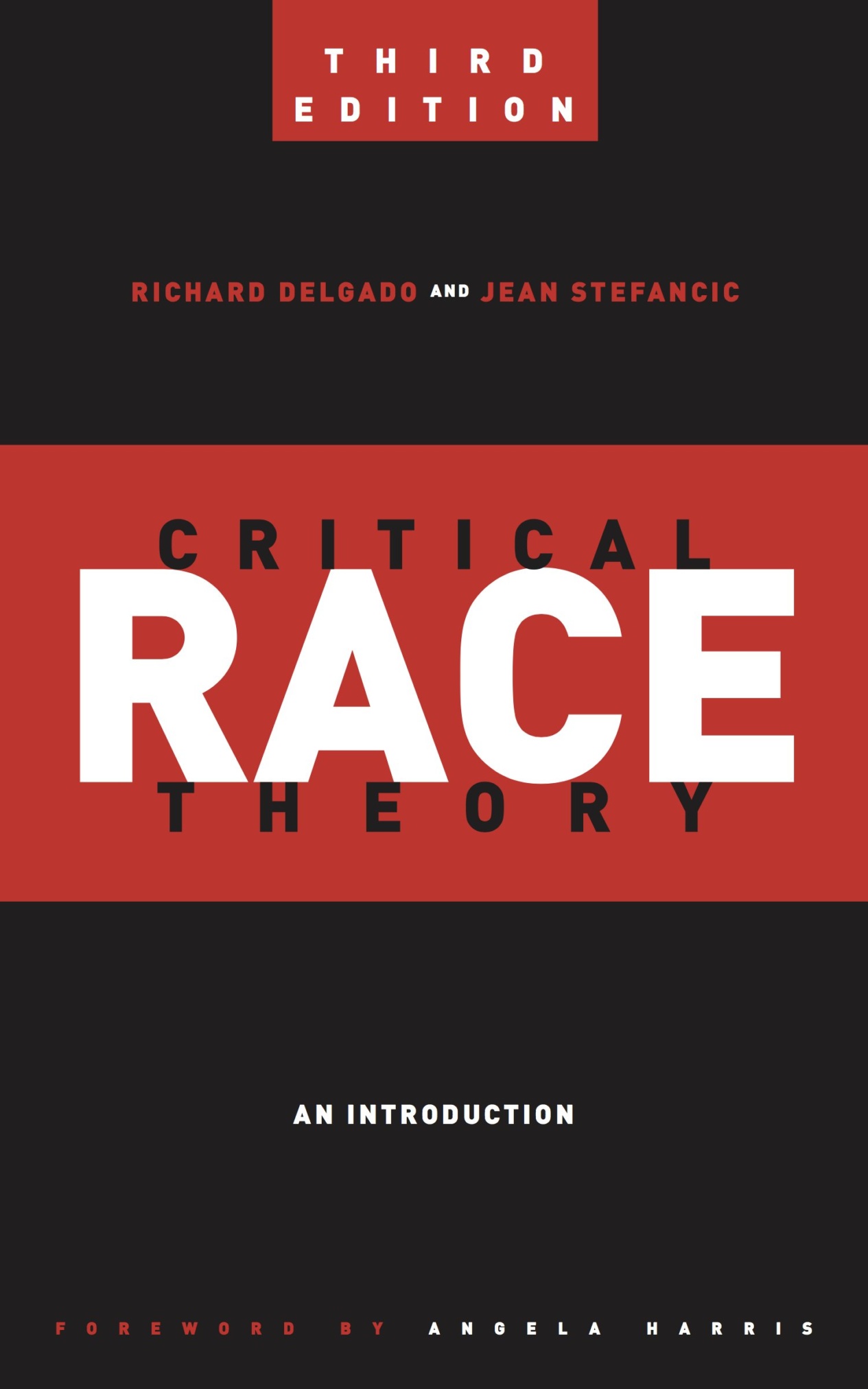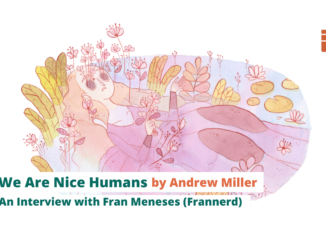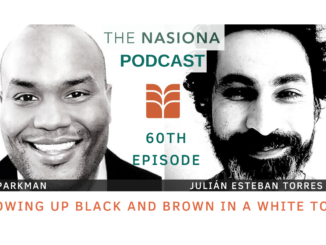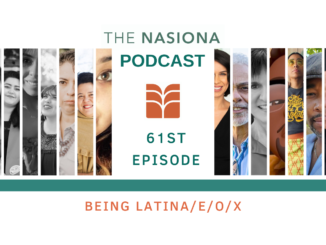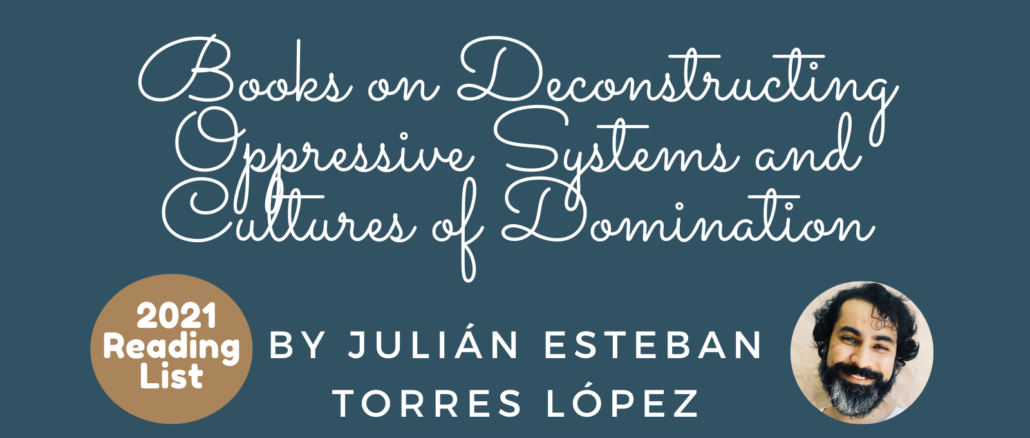
The Nasiona is a movement and nonprofit organization that centers, elevates, and amplifies the personal stories of those Othered by systems of oppression and dominant cultures. Our work centers decolonization, liberation, empowerment, healing, and transformation. Through our magazine, podcast, publishing house, mentorship program, live events, along with other initiatives and partnerships, we strive to humanize the Other.
As The Nasiona’s creator, I thought I’d start an annual series of the books I’ve read (or reread) throughout the year that focus specifically on deconstructing oppressive systems and cultures of domination. By doing so, I hope to give you a glimpse into what goes on behind the scenes to better prepare to serve our communities.
Advocacy and activism are practices that require us to consistently better ourselves and demand from us to actively design our behaviors and curiosities. We must listen, learn, act from such newly acquired knowledge, and commit to daily rituals to ensure we are not intentionally or unintentionally being the direct or indirect cause or reason for the harm of others. Part of my practice is reading.
Below I share my 2021 list of 44 books (in no particular order), most of which are nonfiction. I did, however, add some fiction to the list because sometimes it is through such a form of storytelling where we can more effectively learn about our relationships with ourselves, others, and our environments.
Note that the description of each book comes directly from the publisher. If you’re interested in getting a copy, the links to each book will most likely lead you to the publisher or the author’s book page.
Enjoy. I hope some of these titles make it onto your to-be-read pile for 2022. And if you have your own recommendations that you’d like for us to put on our to-be-read pile, feel free to contact us.
In solidarity,
Julián Esteban Torres López
The classic, New York Times-bestselling book on the psychology of racism that shows us how to talk about race in America.
Walk into any racially mixed high school and you will see Black, White, and Latino youth clustered in their own groups. Is this self-segregation a problem to address or a coping strategy? How can we get past our reluctance to discuss racial issues?
Beverly Daniel Tatum, a renowned authority on the psychology of racism, argues that straight talk about our racial identities is essential if we are serious about communicating across racial and ethnic divides and pursuing antiracism. These topics have only become more urgent as the national conversation about race is increasingly acrimonious. This fully revised edition is essential reading for anyone seeking to understand dynamics of race and racial inequality in America.
This New York Times–bestselling book upends conventional thinking about autism and suggests a broader model for acceptance, understanding, and full participation in society for people who think differently.
What is autism? A lifelong disability, or a naturally occurring form of cognitive difference akin to certain forms of genius? In truth, it is all of these things and more—and the future of our society depends on our understanding it. Wired reporter Steve Silberman unearths the secret history of autism, long suppressed by the same clinicians who became famous for discovering it, and finds surprising answers to the crucial question of why the number of diagnoses has soared in recent years. Going back to the earliest days of autism research, Silberman offers a gripping narrative of Leo Kanner and Hans Asperger, the research pioneers who defined the scope of autism in profoundly different ways; he then goes on to explore the game-changing concept of neurodiversity. NeuroTribes considers the idea that neurological differences such as autism, dyslexia, and ADHD are not errors of nature or products of the toxic modern world, but the result of natural variations in the human genome. This groundbreaking book will reshape our understanding of the history, meaning, function, and implications of neurodiversity in our world.
Merging real stories with theory, research, and practice, a prominent scholar offers a new approach to teaching and learning for every stakeholder in urban education.
Drawing on his own experience of feeling undervalued and invisible in classrooms as a young man of color and merging his experiences with more than a decade of teaching and researching in urban America, award-winning educator Christopher Emdin offers a new lens on an approach to teaching and learning in urban schools. For White Folks Who Teach in the Hood…and the Rest of Y’all Too is the much-needed antidote to traditional top-down pedagogy and promises to radically reframe the landscape of urban education for the better.
He begins by taking to task the perception of urban youth of color as unteachable, and he challenges educators to embrace and respect each student’s culture and to reimagine the classroom as a site where roles are reversed and students become the experts in their own learning.
Putting forth his theory of Reality Pedagogy, Emdin provides practical tools to unleash the brilliance and eagerness of youth and educators alike—both of whom have been typecast and stymied by outdated modes of thinking about urban education. With this fresh and engaging new pedagogical vision, Emdin demonstrates the importance of creating a family structure and building communities within the classroom, using culturally relevant strategies like hip-hop music and call-and-response, and connecting the experiences of urban youth to indigenous populations globally. Merging real stories with theory, research, and practice, Emdin demonstrates how by implementing the “Seven C’s” of reality pedagogy in their own classrooms, urban youth of color benefit from truly transformative education.
From the author of the #1 New York Times bestseller So You Want to Talk About Race, an “illuminating” (New York Times Book Review) history of white male identity.
What happens to a country that tells generation after generation of white men that they deserve power? What happens when success is defined by status over women and people of color, instead of by actual accomplishments?
Through the last 150 years of American history — from the post-reconstruction South and the mythic stories of cowboys in the West, to the present-day controversy over NFL protests and the backlash against the rise of women in politics — Ijeoma Oluo exposes the devastating consequences of white male supremacy on women, people of color, and white men themselves. Mediocre investigates the real costs of this phenomenon in order to imagine a new white male identity, one free from racism and sexism.
As provocative as it is essential, this book will upend everything you thought you knew about American identity and offers a bold new vision of American greatness.
The classic collection of major speeches, now bundled with an audio download of Malcolm X delivering two of them.
Malcolm X remains a touchstone figure for black America and in American culture at large. He gave African Americans not only their consciousness but their history, dignity, and a new pride. No single individual can claim more important responsibility for a social and historical leap forward such as the one sparked in America in the sixties. When, in 1965, Malcolm X was gunned down on the stage of a Harlem theater, America lost one of its most dynamic political thinkers. Yet, as Michael Eric Dyson has observed, “he remains relevant because he spoke presciently to the issues that matter today: black identity, the politics of black rage, the expression of black dissent, the politics of black power, and the importance of consolidating varieties of expressions within black communities—different ideologies and politics—and bringing them together under a banner of functional solidarity.”
The End of White World Supremacy contains four major speeches by Malcolm X, including: “Black Man’s History,” “The Black Revolution,” “The Old Negro and the New Negro,” and the famous “The Chickens Are Coming Home to Roost” speech (“God’s Judgment of White America”), delivered after the assassination of John F. Kennedy. Several of the speeches include a discussion with the moderator, among whom Adam Clayton Powell, or a question-and-answer with the audience. This new edition bundles with the book an audio download of Malcolm’s stirring delivery of “Black Man’s History” in Harlem’s Temple No.7 and “The Black Revolution” in the Abyssinian Baptist Church.
A revealing collection that restores Dr. King as being every bit as radical as Malcolm X.
“The radical King was a democratic socialist who sided with poor and working people in the class struggle taking place in capitalist societies. . . . The response of the radical King to our catastrophic moment can be put in one word: revolution—a revolution in our priorities, a reevaluation of our values, a reinvigoration of our public life, and a fundamental transformation of our way of thinking and living that promotes a transfer of power from oligarchs and plutocrats to everyday people and ordinary citizens. . . . Could it be that we know so little of the radical King because such courage defies our market-driven world?” —Cornel West, from the Introduction
Every year, Dr. Martin Luther King, Jr., is celebrated as one of the greatest orators in US history, an ambassador for nonviolence who became perhaps the most recognizable leader of the civil rights movement. But after more than forty years, few people appreciate how truly radical he was.
Arranged thematically in four parts, The Radical King includes twenty-three selections, curated and introduced by Dr. Cornel West, that illustrate King’s revolutionary vision, underscoring his identification with the poor, his unapologetic opposition to the Vietnam War, and his crusade against global imperialism. As West writes, “Although much of America did not know the radical King—and too few know today—the FBI and US government did. They called him ‘the most dangerous man in America.’ . . . This book unearths a radical King that we can no longer sanitize.”
“With the publication of Black Feminist Thought, black feminism has moved to a new level. Her work sets a standard for the discussion of black women’s lives, experiences, and thought that demands rigorous attention to the complexity of these experiences and an exploration of a multiplicity of responses.” — Women’s Review of Books
In spite of the double burden of racial and gender discrimination, African-American women have developed a rich intellectual tradition that is not widely known. In Black Feminist Thought, originally published in 1990, Patricia Hill Collins set out to explore the words and ideas of Black feminist intellectuals and writers, both within the academy and without. Here Collins provides an interpretive framework for the work of such prominent Black feminist thinkers as Angela Davis, bell hooks, Alice Walker, and Audre Lorde. Drawing from fiction, poetry, music and oral history, the result is a superbly crafted and revolutionary book that provided the first synthetic overview of Black feminist thought and its canon.
A stirring, intimate reflection on the nature of race and American nationhood that has inspired generations of writers and thinkers, first published in 1963, the same year as the March on Washington.
“The finest essay I’ve ever read.”—Ta-Nehisi Coates, #1 New York Times bestselling author of the National Book Award winner Between the World and Me
With clarity, conviction, and passion, James Baldwin delivers a dire warning of the effects of racism that remains urgent nearly sixty years after its original publication.
In the first of two essays, “My Dungeon Shook: Letter to My Nephew on the One Hundredth Anniversary of the Emancipation,” Baldwin offers kind and unflinching counsel on what it means to be Black in the United States and explains the twisted logic of American racism.
In “Down at the Cross: Letter from a Region in My Mind,” Baldwin recounts his spiritual journey into the church after a religious crisis at the age of fourteen, and then back out of it again, as well as his meeting with Elijah Muhammad, the leader of the Nation of Islam. Throughout, Baldwin urges us to confront the oppressive institutions of race, religion, and nationhood itself, and insists that shared resilience among both Black and white people is the only way forward. As much as it is a reckoning with America’s racist past, The Fire Next Time is also a clarion call to care, courage, and love, and a candle to light the way.
A classic work of feminist scholarship, Ain’t I a Woman has become a must-read for all those interested in the nature of black womanhood. Examining the impact of sexism on black women during slavery, the devaluation of black womanhood, black male sexism, racism among feminists, and the black woman’s involvement with feminism, hooks attempts to move us beyond racist and sexist assumptions. The result is nothing short of groundbreaking, giving this book a critical place on every feminist scholar’s bookshelf.
“Roxane Gay is so great at weaving the intimate and personal with what is most bewildering and upsetting at this moment in culture. She is always looking, always thinking, always passionate, always careful, always right there.” — Sheila Heti, author of How Should a Person Be?
A collection of essays spanning politics, criticism, and feminism from one of the most-watched cultural observers of her generation.
In these funny and insightful essays, Gay takes us through the journey of her evolution as a woman (Sweet Valley High) of color (The Help) while also taking readers on a ride through culture of the last few years (Girls, Django in Chains) and commenting on the state of feminism today (abortion, Chris Brown). The portrait that emerges is not only one of an incredibly insightful woman continually growing to understand herself and our society, but also one of our culture.
Bad Feminist is a sharp, funny, and spot-on look at the ways in which the culture we consume becomes who we are, and an inspiring call-to-arms of all the ways we still need to do better, coming from one of our most interesting and important cultural critics.
The New Jim Crow is a stunning account of the rebirth of a caste-like system in the United States, one that has resulted in millions of African Americans locked behind bars and then relegated to a permanent second-class status—denied the very rights supposedly won in the Civil Rights Movement. Since its publication in 2010, the book has appeared on the New York Times bestseller list for more than a year; been dubbed the “secular bible of a new social movement” by numerous commentators, including Cornel West; and has led to consciousness-raising efforts in universities, churches, community centers, re-entry centers, and prisons nationwide. The New Jim Crow tells a truth our nation has been reluctant to face.
As the United States celebrates its “triumph over race” with the election of Barack Obama, the majority of black men in major urban areas are under correctional control or saddled with criminal records for life. Jim Crow laws were wiped off the books decades ago, but today an extraordinary percentage of the African American community is warehoused in prisons or trapped in a parallel social universe, denied basic civil and human rights—including the right to vote; the right to serve on juries; and the right to be free of legal discrimination in employment, housing, access to education and public benefits. Today, it is no longer socially permissible to use race explicitly as a justification for discrimination, exclusion, and social contempt. Yet as civil-rights-lawyer-turned-legal-scholar Michelle Alexander demonstrates, it is perfectly legal to discriminate against convicted criminals in nearly all the ways in which it was once legal to discriminate against African Americans. Once labeled a felon, even for a minor drug crime, the old forms of discrimination are suddenly legal again. In her words, “we have not ended racial caste in America; we have merely redesigned it.”
Alexander shows that, by targeting black men through the War on Drugs and decimating communities of color, the U.S. criminal justice system functions as a contemporary system of racial control, even as it formally adheres to the principle of colorblindness.
The New Jim Crow challenges the civil rights community—and all of us—to place mass incarceration at the forefront of a new movement for racial justice in America.
An intersectional history of the shared struggle for African American and Latinx civil rights.
Spanning more than two hundred years, An African American and Latinx History of the United States is a revolutionary, politically charged narrative history, arguing that the “Global South” was crucial to the development of America as we know it. Scholar and activist Paul Ortiz challenges the notion of westward progress as exalted by widely taught formulations like “manifest destiny” and “Jacksonian democracy,” and shows how placing African American, Latinx, and Indigenous voices unapologetically front and center transforms US history into one of the working class organizing against imperialism.
Drawing on rich narratives and primary source documents, Ortiz links racial segregation in the Southwest and the rise and violent fall of a powerful tradition of Mexican labor organizing in the twentieth century, to May 1, 2006, known as International Workers’ Day, when migrant laborers—Chicana/os, Afrocubanos, and immigrants from every continent on earth—united in resistance on the first “Day Without Immigrants.” As African American civil rights activists fought Jim Crow laws and Mexican labor organizers warred against the suffocating grip of capitalism, Black and Spanish-language newspapers, abolitionists, and Latin American revolutionaries coalesced around movements built between people from the United States and people from Central America and the Caribbean. In stark contrast to the resurgence of “America First” rhetoric, Black and Latinx intellectuals and organizers today have historically urged the United States to build bridges of solidarity with the nations of the Americas.
Incisive and timely, this bottom-up history, told from the interconnected vantage points of Latinx and African Americans, reveals the radically different ways that people of the diaspora have addressed issues still plaguing the United States today, and it offers a way forward in the continued struggle for universal civil rights.
“The foremost work on the key democratic task: helping people to identify and challenge the sources of their oppression… a transformative text,” George Monbiot, Guardian.
Arguing that ‘education is freedom’, Paulo Freire’s radical international classic contends that traditional teaching styles keep the poor powerless by treating them as passive, silent recipients of knowledge. Grounded in Freire’s own experience teaching impoverished and illiterate students in his native Brazil and over the world, this pioneering book instead suggests that through co-operation, dialogue and critical thinking, every human being can develop a sense of self and fulfil their right to be heard.
Homo sapiens rules the world because it is the only animal that can believe in things that exist purely in its own imagination, such as gods, states, money and human rights.
Starting from this provocative idea, Sapiens goes on to retell the history of our species from a completely fresh perspective. It explains that money is the most pluralistic system of mutual trust ever devised; that capitalism is the most successful religion ever invented; that the treatment of animals in modern agriculture is probably the worst crime in history; and that even though we are far more powerful than our ancient ancestors, we aren’t much happier.
By combining profound insights with a remarkably vivid language, Sapiens acquired cult status among diverse audiences, captivating teenagers as well as university professors, animal rights activists alongside government ministers. 16 Million copies had been sold around the world and the book was translated into 60 languages.
The landmark, bestselling account of the crimes against American Indians during the 19th century, now on its 50th Anniversary.
First published in 1970, Bury My Heart at Wounded Knee is Dee Brown’s eloquent, meticulously documented account of the systematic destruction of American Indians during the second half of the nineteenth century. A national bestseller in hardcover for more than a year after its initial publication, it has sold almost four million copies and has been translated into seventeen languages.
Using council records, autobiographies, and firsthand descriptions, Brown introduces readers to great chiefs and warrors of the Dakota, Ute, Sioux, Cheyenne, and other tribes, revealing in heartwrenching detail the battles, massacres, and broken treaties that methodically stripped them of freedom. A forceful narrative still discussed today as revelatory and controversial, Bury My Heart at Wounded Knee permanently altered our understanding of how the American West came to be defined.
This highly acclaimed post-apocalyptic novel of hope and terror from award-winning author Octavia E. Butler “pairs well with 1984 or The Handmaid’s Tale” (John Green, New York Times).
Now with a new foreword by N. K. Jemisin.
When global climate change and economic crises lead to social chaos in the early 2020s, California becomes full of dangers, from pervasive water shortage to masses of vagabonds who will do anything to live to see another day. Fifteen-year-old Lauren Olamina lives inside a gated community with her preacher father, family, and neighbors, sheltered from the surrounding anarchy. In a society where any vulnerability is a risk, she suffers from hyperempathy, a debilitating sensitivity to others’ emotions.
Precocious and clear-eyed, Lauren must make her voice heard in order to protect her loved ones from the imminent disasters her small community stubbornly ignores. But what begins as a fight for survival soon leads to something much more: the birth of a new faith . . . and a startling vision of human destiny.
Society is broken. We can design our way to a better one.
In our interconnected world, self-interest and social-interest are rapidly becoming indistinguishable. If current negative trajectories remain, including growing climate destabilization, biodiversity loss, and economic inequality, an impending future of ecological collapse and societal destabilization will make “personal success” virtually meaningless. Yet our broken social system incentivizes behavior that will only make our problems worse. If true human rights progress is to be achieved today, it is time we dig deeper—rethinking the very foundation of our social system.
In this engaging, important work, Peter Joseph, founder of the world’s largest grassroots social movement—The Zeitgeist Movement—draws from economics, history, philosophy, and modern public-health research to present a bold case for rethinking activism in the 21st century.
Arguing against the long-standing narrative of universal scarcity and other pervasive myths that defend the current state of affairs, The New Human Rights Movement illuminates the structural causes of poverty, social oppression, and the ongoing degradation of public health, and ultimately presents the case for an updated economic approach. Joseph explores the potential of this grand shift and how we can design our way to a world where the human family has become truly sustainable.
The New Human Rights Movement reveals the critical importance of a unified activism working to overcome the inherent injustice of our system. This book warns against what is in store if we continue to ignore the flaws of our socioeconomic approach, while also revealing the bright and expansive future possible if we succeed.
Will you join the movement?
NEW YORK TIMES BESTSELLER • Tarana Burke and Dr. Brené Brown bring together a dynamic group of Black writers, organizers, artists, academics, and cultural figures to discuss the topics the two have dedicated their lives to understanding and teaching: vulnerability and shame resilience.
Contributions by Kiese Laymon, Imani Perry, Laverne Cox, Jason Reynolds, Austin Channing Brown, and more.
It started as a text between two friends.
Tarana Burke, founder of the ‘me too.’ Movement, texted researcher and writer Brené Brown to see if she was free to jump on a call. Brené assumed that Tarana wanted to talk about wallpaper. They had been trading home decorating inspiration boards in their last text conversation so Brené started scrolling to find her latest Pinterest pictures when the phone rang.
But it was immediately clear to Brené that the conversation wasn’t going to be about wallpaper. Tarana’s hello was serious and she hesitated for a bit before saying, “Brené, you know your work affected me so deeply, but as a Black woman, I’ve sometimes had to feel like I have to contort myself to fit into some of your words. The core of it rings so true for me, but the application has been harder.”
Brené replied, “I’m so glad we’re talking about this. It makes sense to me. Especially in terms of vulnerability. How do you take the armor off in a country where you’re not physically or emotionally safe?”
Long pause.
“That’s why I’m calling,” said Tarana. “What do you think about working together on a book about the Black experience with vulnerability and shame resilience?”
There was no hesitation.
Burke and Brown are the perfect pair to usher in this stark, potent collection of essays on Black shame and healing. Along with the anthology contributors, they create a space to recognize and process the trauma of white supremacy, a space to be vulnerable and affirm the fullness of Black love and Black life.
“Not everything is lost. Responsibility cannot be lost, it can only be abdicated. If one refuses abdication, one begins again.”—James Baldwin
Begin Again is one of the great books on James Baldwin and a powerful reckoning with America’s ongoing failure to confront the lies it tells itself about race. Just as in Baldwin’s “after times,” argues Eddie S. Glaude Jr., when white Americans met the civil rights movement’s call for truth and justice with blind rage and the murders of movement leaders, so in our moment were the Obama presidency and the birth of Black Lives Matter answered with the ascendance of Trump and the violent resurgence of white nationalism.
In these brilliant and stirring pages, Glaude finds hope and guidance in Baldwin as he mixes biography—drawn partially from newly uncovered Baldwin interviews—with history, memoir, and poignant analysis of our current moment to reveal the painful cycle of Black resistance and white retrenchment. As Glaude bears witness to the difficult truth of racism’s continued grip on the national soul, Begin Again is a searing exploration of the tangled web of race, trauma, and memory, and a powerful interrogation of what we must ask of ourselves in order to call forth a new America.
In this groundbreaking work of science, history, and archaeology, Charles C. Mann radically alters our understanding of the Americas before the arrival of Columbus in 1492.
Contrary to what so many Americans learn in school, the pre-Columbian Indians were not sparsely settled in a pristine wilderness; rather, there were huge numbers of Indians who actively molded and influenced the land around them. The astonishing Aztec capital of Tenochtitlan had running water and immaculately clean streets, and was larger than any contemporary European city. Mexican cultures created corn in a specialized breeding process that it has been called man’s first feat of genetic engineering. Indeed, Indians were not living lightly on the land but were landscaping and manipulating their world in ways that we are only now beginning to understand. Challenging and surprising, this a transformative new look at a rich and fascinating world we only thought we knew.
This riveting narrative explores the lives of six remarkable female pharaohs, from Hatshepsut to Cleopatra — women who ruled with real power — and shines a piercing light on our own perceptions of women in power today. Female rulers are a rare phenomenon — but thousands of years ago in ancient Egypt, women reigned supreme.
Regularly, repeatedly, and with impunity, queens like Hatshepsut, Nefertiti, and Cleopatra controlled the totalitarian state as power-brokers and rulers. But throughout human history, women in positions of power were more often used as political pawns in a male-dominated society. What was so special about ancient Egypt that provided women this kind of access to the highest political office? What was it about these women that allowed them to transcend patriarchal obstacles? What did Egypt gain from its liberal reliance on female leadership, and could today’s world learn from its example?
Celebrated Egyptologist Kara Cooney delivers a fascinating tale of female power, exploring the reasons why it has seldom been allowed through the ages, and why we should care.
As a former welfare father who is also an ordained Baptist minister and a Princeton Ph.D., Michael Eric Dyson is one of those rare intellectuals who act not only as interpreters between black and white America but as bridges between the academy and the street. In this brave, bracing, and vastly readable book, he identifies the hidden rules that govern interactions between the races and within black communities, poisoning our language, our politics, and our thinking.
From the O. J. Simpson trial to the generational politics of gangsta rap, and from Colin Powell to Louis Farrakhan, Dyson takes on the most contentious issues of the 1990s. Again and again he shows us that, in a society that prides itself on being color-blind, race is more important–and more pernicious–than ever. Filled with eloquence and erudition, wit and moral common sense, Race Rules is an invaluable guide to the America we really live in as well as a redemptive vision of the one we want for our children.
In the era of #MeToo, a clear-eyed, sharp look at rape culture, sexual assault, harassment and violence against women—and what we can do about it.
Every seven minutes, someone in America commits a rape. And whether that’s a football star, beloved celebrity, elected official, member of the clergy, or just an average Joe (or Joanna), there’s probably a community eager to make excuses for that person.
In Asking for It, Kate Harding combines in-depth research with a frank, no-holds-barred voice to make the case that twenty-first-century America supports rapists more effectively than it supports victims. From institutional failures in higher education to real-world examples of rape culture, Harding offers ideas and suggestions for how we, as a society, can take sexual violence much more seriously without compromising the rights of the accused.
Still as fresh, funny, and ferociously honest as ever, this piercing meditation on the fault lines between hip-hop and feminism captures the most intimate thoughts of the post-Civil Rights, post-feminist, post-soul generation.
Award-winning journalist Joan Morgan offers a provocative and powerful look into the life of the modern Black woman: a complex world in which feminists often have not-so-clandestine affairs with the most sexist of men, where women who treasure their independence frequently prefer men who pick up the tab, where the deluge of babymothers and babyfathers reminds Black women who long for marriage that traditional nuclear families are a reality for less than forty percent of the population, and where Black women are forced to make sense of a world where truth is no longer black and white but subtle, intriguing shades of gray.
One in five people in the United States lives with a disability. Some disabilities are visible, others less apparent—but all are underrepresented in media and popular culture. Now, just in time for the thirtieth anniversary of the Americans with Disabilities Act, activist Alice Wong brings together this urgent, galvanizing collection of contemporary essays by disabled people.
From Harriet McBryde Johnson’s account of her debate with Peter Singer over her own personhood to original pieces by authors like Keah Brown and Haben Girma; from blog posts, manifestos, and eulogies to Congressional testimonies, and beyond: this anthology gives a glimpse into the rich complexity of the disabled experience, highlighting the passions, talents, and everyday lives of this community. It invites readers to question their own understandings. It celebrates and documents disability culture in the now. It looks to the future and the past with hope and love.
Dark Territory probes the inner corridors of the National Security Agency, the beyond-top-secret cyber units in the Pentagon, the “information warfare” squads of the military services, and the national security debates inside the White House, to tell the untold story of the officers, policymakers, scientists, and spies who devised a new form of warfare — cyber war — and who have been planning (and, more often than people know, fighting) this kind of war for decades, from the 1991 Gulf War to conflicts in Haiti, Serbia, Syria, the former Soviet republics, Iraq, and Iran.
Based largely on interviews with more than 100 participants in the story — from cabinet secretaries, generals, and admirals (including six NSA directors) to mid-level officers, officials, and analysts, to technical experts in the heart of the national-security bureaucracy — Dark Territory chronicles, in detail, a little-known past that shines an unsettling light on our future.
From one of the leading voices on civil rights in America, a thoughtful and urgent analysis of recent headline-making police brutality cases and the systems and policies that enabled them.
In this “thought-provoking and important” (Library Journal) analysis of state-sanctioned violence, Marc Lamont Hill carefully considers a string of high-profile deaths in America—Sandra Bland, Freddie Gray, Michael Brown, Eric Garner, Trayvon Martin, and others—and incidents of gross negligence by government, such as the water crisis in Flint, Michigan. He digs underneath these events to uncover patterns and policies of authority that allow some citizens become disempowered, disenfranchised, poor, uneducated, exploited, vulnerable, and disposable. To help us understand the plight of vulnerable communities, he examines the effects of unfettered capitalism, mass incarceration, and political power while urging us to consider a new world in which everyone has a chance to become somebody. Heralded as an essential text for our times, Marc Lamont Hill’s galvanizing work embodies the best traditions of scholarship, journalism, and storytelling to lift unheard voices and to address the necessary question, “how did we get here?”
A landmark work from the author of Orientalism that explores the long-overlooked connections between the Western imperial endeavor and the culture that both reflected and reinforced it.
In the nineteenth and early twentieth centuries, as the Western powers built empires that stretched from Australia to the West Indies, Western artists created masterpieces ranging from Mansfield Park to Heart of Darkness and Aida. Yet most cultural critics continue to see these phenomena as separate. Edward Said looks at these works alongside those of such writers as W. B. Yeats, Chinua Achebe, and Salman Rushdie to show how subject peoples produced their own vigorous cultures of opposition and resistance. Vast in scope and stunning in its erudition, Culture and Imperialism reopens the dialogue between literature and the life of its time.
The United States has two separate banking systems today—one serving the well-to-do and another exploiting everyone else. How the Other Half Banks contributes to the growing conversation on American inequality by highlighting one of its prime causes: unequal credit. Mehrsa Baradaran examines how a significant portion of the population, deserted by banks, is forced to wander through a Wild West of payday lenders and check-cashing services to cover emergency expenses and pay for necessities—all thanks to deregulation that began in the 1970s and continues decades later.
In an age of corporate megabanks with trillions of dollars in assets, it is easy to forget that America’s banking system was originally created as a public service. Banks have always relied on credit from the federal government, provided on favorable terms so that they could issue low-interest loans. But as banks grew in size and political influence, they shed their social contract with the American people, demanding to be treated as a private industry free from any public-serving responsibility. They abandoned less profitable, low-income customers in favor of wealthier clients and high-yield investments. Fringe lenders stepped in to fill the void. This two-tier banking system has become even more unequal since the 2008 financial crisis.
Baradaran proposes a solution: reenlisting the U.S. Post Office in its historic function of providing bank services. The post office played an important but largely forgotten role in the creation of American democracy, and it could be deployed again to level the field of financial opportunity.
Debunks the pervasive and self-congratulatory myth that our country is proudly founded by and for immigrants, and urges readers to embrace a more complex and honest history of the United States.
Whether in political debates or discussions about immigration around the kitchen table, many Americans, regardless of party affiliation, will say proudly that we are a nation of immigrants. In this bold new book, historian Roxanne Dunbar-Ortiz asserts this ideology is harmful and dishonest because it serves to mask and diminish the US’s history of settler colonialism, genocide, white supremacy, slavery, and structural inequality, all of which we still grapple with today.
She explains that the idea that we are living in a land of opportunity—founded and built by immigrants—was a convenient response by the ruling class and its brain trust to the 1960s demands for decolonialization, justice, reparations, and social equality. Moreover, Dunbar-Ortiz charges that this feel good—but inaccurate—story promotes a benign narrative of progress, obscuring that the country was founded in violence as a settler state, and imperialist since its inception.
While some of us are immigrants or descendants of immigrants, others are descendants of white settlers who arrived as colonizers to displace those who were here since time immemorial, and still others are descendants of those who were kidnapped and forced here against their will. This paradigm shifting new book from the highly acclaimed author of An Indigenous Peoples’ History of the United States charges that we need to stop believing and perpetuating this simplistic and a historical idea and embrace the real (and often horrific) history of the United States.
In this jaw-dropping, darkly comedic memoir, a young woman comes of age in a dysfunctional Asian family who blame their woes on ghosts and demons when they should really be on anti-psychotic meds.
Lindsay Wong grew up with a paranoid schizophrenic grandmother and a mother who was deeply afraid of the “woo-woo” — Chinese ghosts who come to visit in times of personal turmoil. From a young age, she witnessed the woo-woo’s sinister effects; when she was six, Lindsay and her mother avoided the dead people haunting their house by hiding out in a mall food court, and on a camping trip, in an effort to rid her daughter of demons, her mother tried to light Lindsay’s foot on fire.
The eccentricities take a dark turn, however, and when Lindsay starts to experience symptoms of the woo-woo herself, she wonders whether she will suffer the same fate as her family.
At once a witty and touching memoir about the Asian immigrant experience and a harrowing and honest depiction of the vagaries of mental illness, The Woo-Woo is a gut-wrenching and beguiling manual for surviving family, and oneself.
This Washington Post “Best Book of the Year” grapples with the complexities of the second–generation American experience, what it means to be a woman of color in the workplace, and a sister, a wife, and a mother to daughters in today’s America.
When a woman—known only as Mother—moves her family from Atlanta to its wealthy suburbs, she discovers that neither the times nor the people have changed since her childhood in a small Southern town. Despite the intervening decades, Mother is met with the same questions: Where are you from? No, where are you really from? The American–born daughter of Bengali immigrants, she finds that her answer―Here―is never enough.
Mother’s simmering anger breaks through one morning, when, during a violent and unfounded police raid on her home, she finally refuses to be complacent. As she lies bleeding from a gunshot wound, her thoughts race from childhood games with her sister and visits to cousins in India, to her time in the newsroom before having her three daughters, to the early days of her relationship with a husband who now spends more time flying business class than at home.
Drawing inspiration from the author’s own terrifying experience of a raid on her home, Devi S. Laskar’s debut novel explores, in exquisite, lyrical prose, an alternate reality that might have been.
“These days we only seem to talk about trans people in the news when we talk about bathroom laws. Our bodies are made political. Somedays I just want to exist. I want to crawl into the corn fields before harvest and just be alone with my skin,” wrote Robin Gow.
We all begin in water and are called back to the water. Blue Blood challenges the rhetoric that trans people are “unnatural” through captivating verses about metamorphosis and meditations on the concept of home. Robin Gow invites readers to resist imposed gender roles and to celebrate identity; to question what their own body means to them.
The Authentic Voices Fellowship, fostered by the Women’s National Book Association and the Women of Color Writers organization, seeks to bring BIPOC women to a deeper level of inclusion in the publishing industry and the literary world at large. Through the words of these inaugural fellows, the reader may understand how telling these stories—despite the tragedy, trauma, injustice, political movements, language barriers, and grief involved—allows one to root more deeply into a heritage that helps us grow.
Through the writing of six exceptional women, you will get to know cultures and stories from a truly authentic lens, not the lens that you’ve been accustomed to. Whether through fiction or creative non-fiction, these stories will transcend stereotypes that you’ve been slowly accustomed to and will give you a look into the heart and soul of communities you wouldn’t know otherwise. The words in this anthology are raw and aren’t polished to make you feel better. They are left sharp to just make you feel.
These stories are a reminder that we have so much more to learn about each other. They are unforgettable because, more than just stories, they are a look into a gaze that is authentic and not white. The essays and their authors remind us that while the United States is diverse, the views represented from those diverse communities are often not. Try as our communities may to open themselves up to other cultures and communities, often are those stories given a re-fresh, or in publishing terms an “edit,” so that the story is more comfortable for you to read. More often than not, the polishing of publishing comes at the cost of authenticity.
Our communities are complex. We are complex.
All these stories are steeped in culture—each so different, so personal—yet something that we can relate to and experience authentically through their words. All these stories are rooted in strength.
After years of secrecy and silence, Rowan McCandless leaves an abusive relationship and rediscovers her voice and identity through writing.
She was never to lie to him. She was never to leave him; and she was never supposed to tell.
Persephone’s Children chronicles Rowan McCandless’s odyssey as a Black, biracial woman escaping the stranglehold of a long-term abusive relationship. Through a series of thematically linked and structurally inventive essays, McCandless explores the fraught and fragmented relationship between memory and trauma. Multiple mythologies emerge to bind legacy and loss, motherhood and daughterhood, racism and intergenerational trauma, mental illness and resiliency.
It is only in the aftermath that she can begin to see the patterns in her history, hear the echoes of oppression passed down from unknown, unnamed ancestors, and discover her worth and right to exist in the world.
A ‘sucio’ goes to an underground clinic for therapy to end his machista ways and is accidentally transitioned. Ex-gangbangers gone straight deal with a troubled, gifted son drawn to the gangsta lifestyle promoted by an emerging music called hip hop. Dead and stuck “between somewhere and nowhere,” Roberto Clemente, the great Puerto Rican baseball icon, soon confronts the reason for his predicament. These are a few of the characters in J.L. Torres’s second story collection, Migrations, the inaugural winner of the Tomás Rivera Book Prize.
These stories take us inside the lives of self-exiles, unhomed and unhinged people, estranged from loved ones, family, culture, and collective history. Despite the effects of colonization of the body and mind, Puerto Ricans have survived beyond geography and form an integral part of the American mosaic.
An incisive history of self-serving white feminists and the inspiring women who’ve continually defied them.
Women including Elizabeth Cady Stanton, Margaret Sanger, and Sheryl Sandberg are commonly celebrated as leaders of feminism. Yet they have fought for the few, not the many. As award-winning scholar Kyla Schuller argues, their white feminist politics dispossess the most marginalized to liberate themselves.
In The Trouble with White Women, Schuller brings to life the two-hundred-year counter history of Black, Indigenous, Latina, poor, queer, and trans women pushing back against white feminists and uniting to dismantle systemic injustice. These feminist heroes such as Frances Harper, Harriet Jacobs, and Pauli Murray have created an anti-racist feminism for all. But we don’t speak their names and we don’t know their legacies. Unaware of these intersectional leaders, feminists have been led down the same dead-end alleys generation after generation, often working within the structures of racism, capitalism, homophobia, and transphobia rather than against them.
Building a more just feminist politics for today requires a reawakening, a return to the movement’s genuine vanguards and visionaries. Their compelling stories, campaigns, and conflicts reveal the true potential of feminist liberation. The Trouble with White Women gives feminists today the tools to fight for the flourishing of all.
A dramatic expansion of a groundbreaking work of journalism, The 1619 Project: A New Origin Story offers a profoundly revealing vision of the American past and present.
In late August 1619, a ship arrived in the British colony of Virginia bearing a cargo of twenty to thirty enslaved people from Africa. Their arrival led to the barbaric and unprecedented system of American chattel slavery that would last for the next 250 years. This is sometimes referred to as the country’s original sin, but it is more than that: It is the source of so much that still defines the United States.
The New York Times Magazine’s award-winning “1619 Project” issue reframed our understanding of American history by placing slavery and its continuing legacy at the center of our national narrative. This new book substantially expands on that work, weaving together eighteen essays that explore the legacy of slavery in present-day America with thirty-six poems and works of fiction that illuminate key moments of oppression, struggle, and resistance. The essays show how the inheritance of 1619 reaches into every part of contemporary American society, from politics, music, diet, traffic, and citizenship to capitalism, religion, and our democracy itself.
The 1619 Project speaks directly to our current moment, contextualizing the systems of race and caste that still define so much of American life today. It reveals the hidden truths around our nation’s founding and construction—and the way that the legacy of slavery did not end with emancipation, but continues to shape contemporary American life.
Latinos across the United States are redefining identities, pushing boundaries, and awakening politically in powerful and surprising ways. Many—Afrolatino, indigenous, Muslim, queer and undocumented, living in large cities and small towns—are voices who have been chronically overlooked in how the diverse population of almost sixty million Latinos in the U.S. has been represented. No longer.
In this empowering cross-country travelogue, journalist and activist Paola Ramos embarks on a journey to find the communities of people defining the controversial term, “Latinx.” She introduces us to the indigenous Oaxacans who rebuilt the main street in a post-industrial town in upstate New York, the “Las Poderosas” who fight for reproductive rights in Texas, the musicians in Milwaukee whose beats reassure others of their belonging, as well as drag queens, environmental activists, farmworkers, and the migrants detained at our border. Drawing on intensive field research as well as her own personal story, Ramos chronicles how “Latinx” has given rise to a sense of collectivity and solidarity among Latinos unseen in this country for decades.
A vital and inspiring work of reportage, Finding Latinx calls on all of us to expand our understanding of what it means to be Latino and what it means to be American. The first step towards change, writes Ramos, is for us to recognize who we are.
This classic work, first published in France in 1955, profoundly influenced the generation of scholars and activists at the forefront of liberation struggles in Africa, Latin America, and the Caribbean. Nearly twenty years later, when published for the first time in English, Discourse on Colonialism inspired a new generation engaged in the Civil Rights, Black Power, and anti-war movements and has sold more than 75,000 copies to date.
Aimé Césaire eloquently describes the brutal impact of capitalism and colonialism on both the colonizer and colonized, exposing the contradictions and hypocrisy implicit in western notions of “progress” and “civilization” upon encountering the “savage,” “uncultured,” or “primitive.” Here, Césaire reaffirms African values, identity, and culture, and their relevance, reminding us that “the relationship between consciousness and reality are extremely complex. . . . It is equally necessary to decolonize our minds, our inner life, at the same time that we decolonize society.” An interview with Césaire by the poet René Depestre is also included.
For hundreds of years, the history of the conquest of Mexico and the defeat of the Aztecs has been told in the words of the Spanish victors. Miguel León-Portilla has long been at the forefront of expanding that history to include the voices of indigenous peoples. In this new and updated edition of his classic The Broken Spears, León-Portilla has included accounts from native Aztec descendants across the centuries. These texts bear witness to the extraordinary vitality of an oral tradition that preserves the viewpoints of the vanquished instead of the victors. León-Portilla’s new Postscript reflects upon the critical importance of these unexpected historical accounts.
A landmark history of one hundred years of war waged against the Palestinians from the foremost US historian of the Middle East, told through pivotal events and family history.
In 1899, Yusuf Diya al-Khalidi, mayor of Jerusalem, alarmed by the Zionist call to create a Jewish national home in Palestine, wrote a letter aimed at Theodore Herzl: the country had an indigenous people who would not easily accept their own displacement. He warned of the perils ahead, ending his note, “in the name of God, let Palestine be left alone.” Thus Rashid Khalidi, al-Khalidi’s great-great-nephew, begins this sweeping history, the first general account of the conflict told from an explicitly Palestinian perspective.
Drawing on a wealth of untapped archival materials and the reports of generations of family members—mayors, judges, scholars, diplomats, and journalists—The Hundred Years’ War on Palestine upends accepted interpretations of the conflict, which tend, at best, to describe a tragic clash between two peoples with claims to the same territory. Instead, Khalidi traces a hundred years of colonial war on the Palestinians, waged first by the Zionist movement and then Israel, but backed by Britain and the United States, the great powers of the age. He highlights the key episodes in this colonial campaign, from the 1917 Balfour Declaration to the destruction of Palestine in 1948, from Israel’s 1982 invasion of Lebanon to the endless and futile peace process.
Original, authoritative, and important, The Hundred Years’ War on Palestine is not a chronicle of victimization, nor does it whitewash the mistakes of Palestinian leaders or deny the emergence of national movements on both sides. In reevaluating the forces arrayed against the Palestinians, it offers an illuminating new view of a conflict that continues to this day.
Updated to include the Black Lives Matter movement, the presidency of Barack Obama, the rise of hate speech on the Internet, and more.
Since the publication of the first edition of Critical Race Theory in 2001, the United States has lived through two economic downturns, an outbreak of terrorism, and the onset of an epidemic of hate directed against immigrants, especially undocumented Latinos and Middle Eastern people. On a more hopeful note, the country elected and re-elected its first black president and has witnessed the impressive advance of gay rights.
As a field, critical race theory has taken note of all these developments, and this primer does so as well. It not only covers a range of emerging new topics and events, it also addresses the rise of a fierce wave of criticism from right-wing websites, think tanks, and foundations, some of which insist that America is now colorblind and has little use for racial analysis and study.
Critical Race Theory is essential for understanding developments in this burgeoning field, which has spread to other disciplines and countries. The new edition also covers the ways in which other societies and disciplines adapt its teachings and, for readers wanting to advance a progressive race agenda, includes new questions for discussion, aimed at outlining practical steps to achieve this objective.
Julián Esteban Torres López (he/him/his/él) is a bilingual, Colombia-born storyteller, public scholar, and culture architect with Afro-Euro-Indigenous roots. For two decades, Julián has worked toward humanizing those Othered by oppressive systems and dominant cultures. He is the creator of the social justice storytelling movement The Nasiona, where he also hosts and produces The Nasiona Podcast. He’s a Pushcart Prize, Best of the Net, and Best Small Fictions nominee; a Trilogy Award in Short Fiction finalist; a McNair Fellow; and the author of Marx’s Humanism and Its Limits and Reporting On Colombia. His poetry collection, Ninety-Two Surgically Enhanced Mannequins, is available now. His work appears in PANK Magazine, Into the Void Magazine, The Acentos Review, Novus Literary and Arts Journal, Havik 2021: Inside Brilliance, among others. Julián is also a senior DEI consultant for Conscious Thrive Consulting. Julián holds a bachelor’s in philosophy and in communication and a master’s in justice studies from the University of New Hampshire and was a Ph.D. candidate at the University of British Columbia Okanagan, where he focused on political science and Latin American studies.
